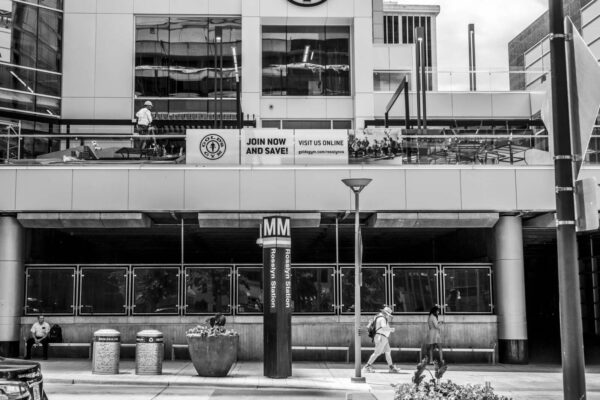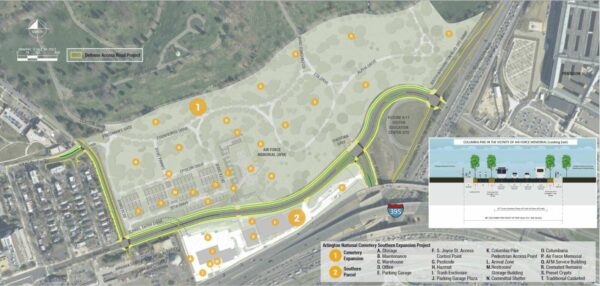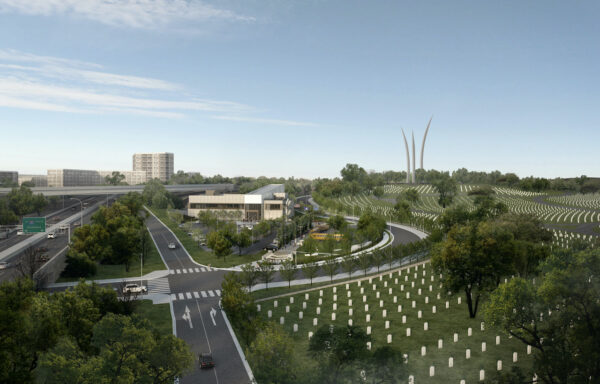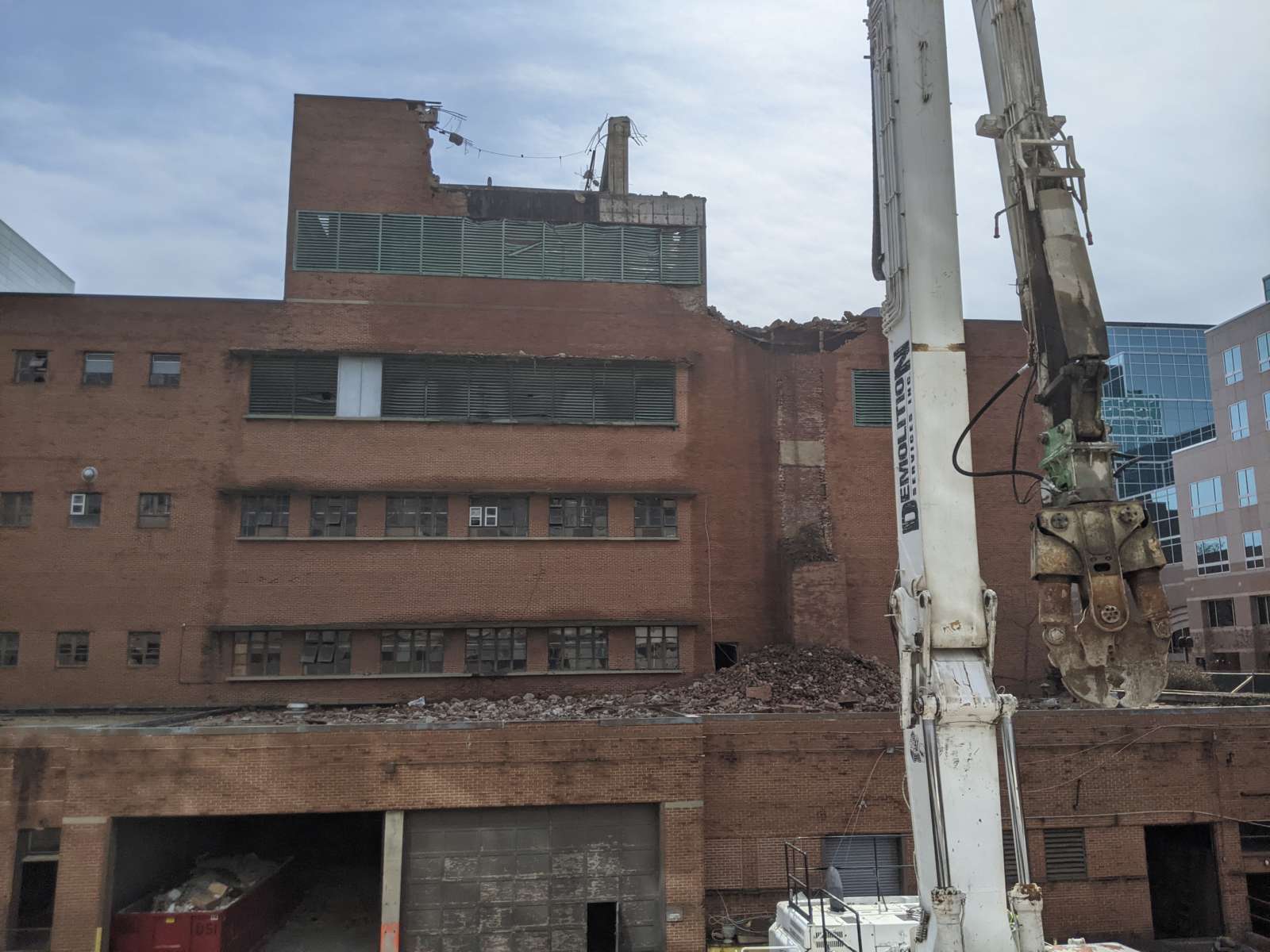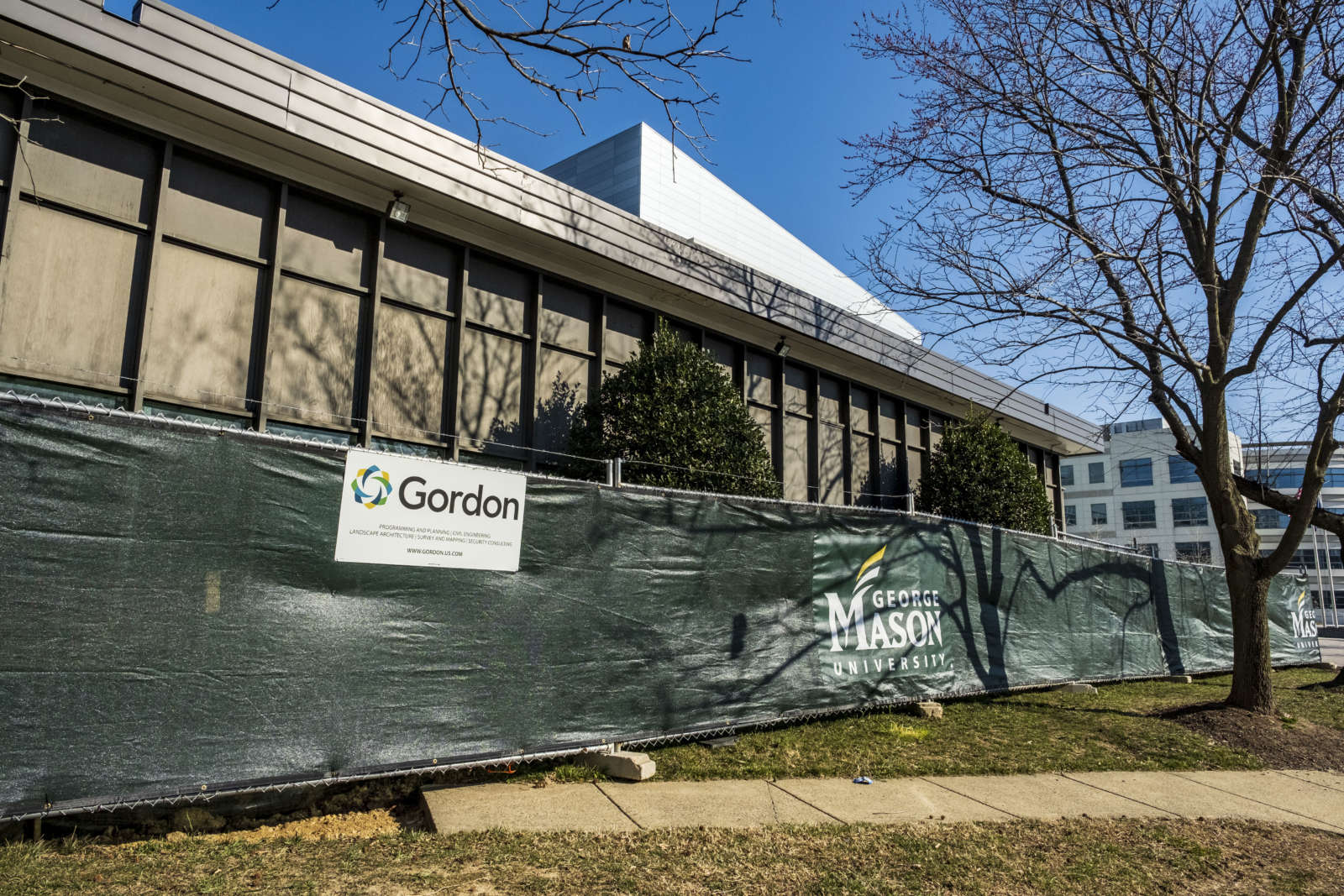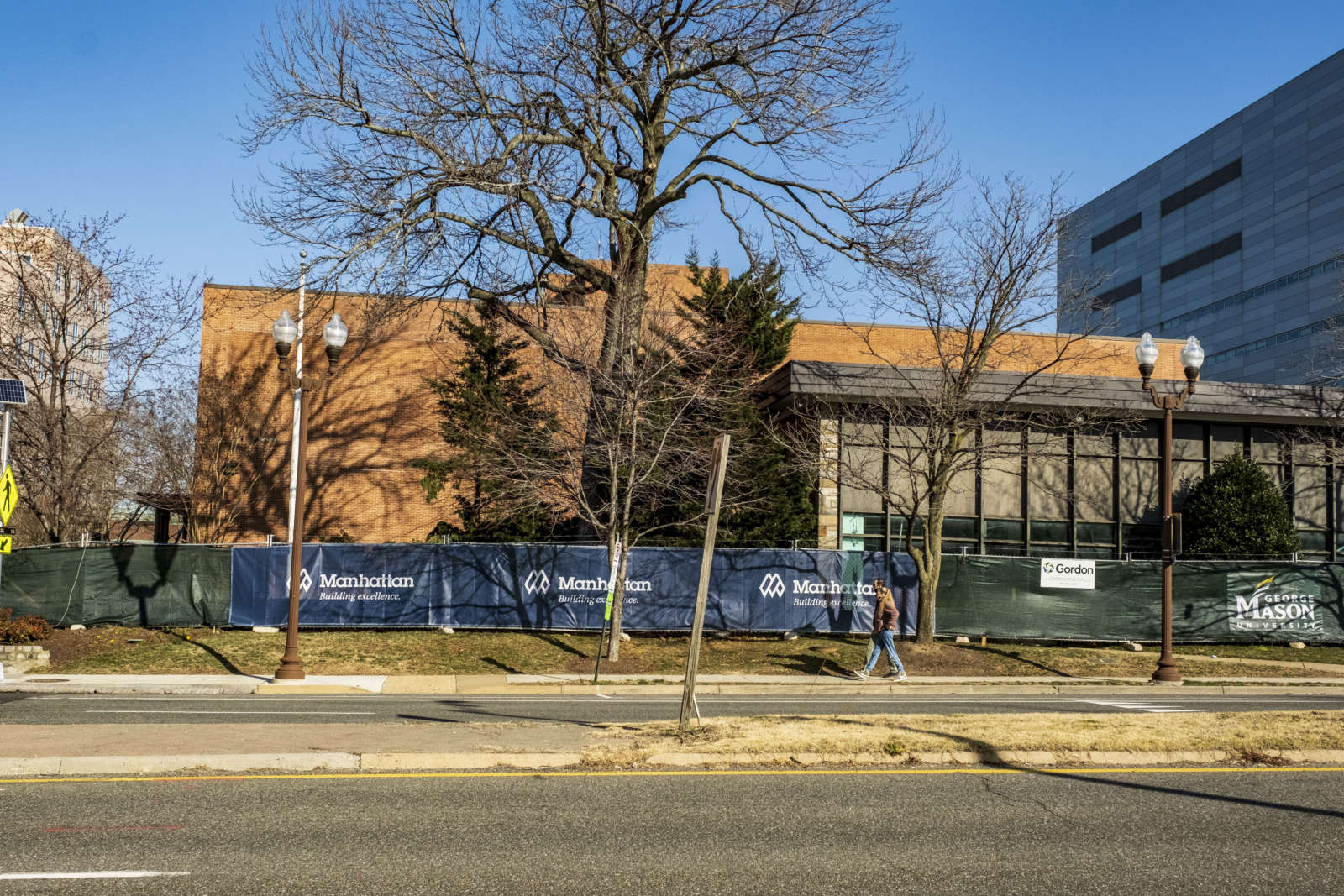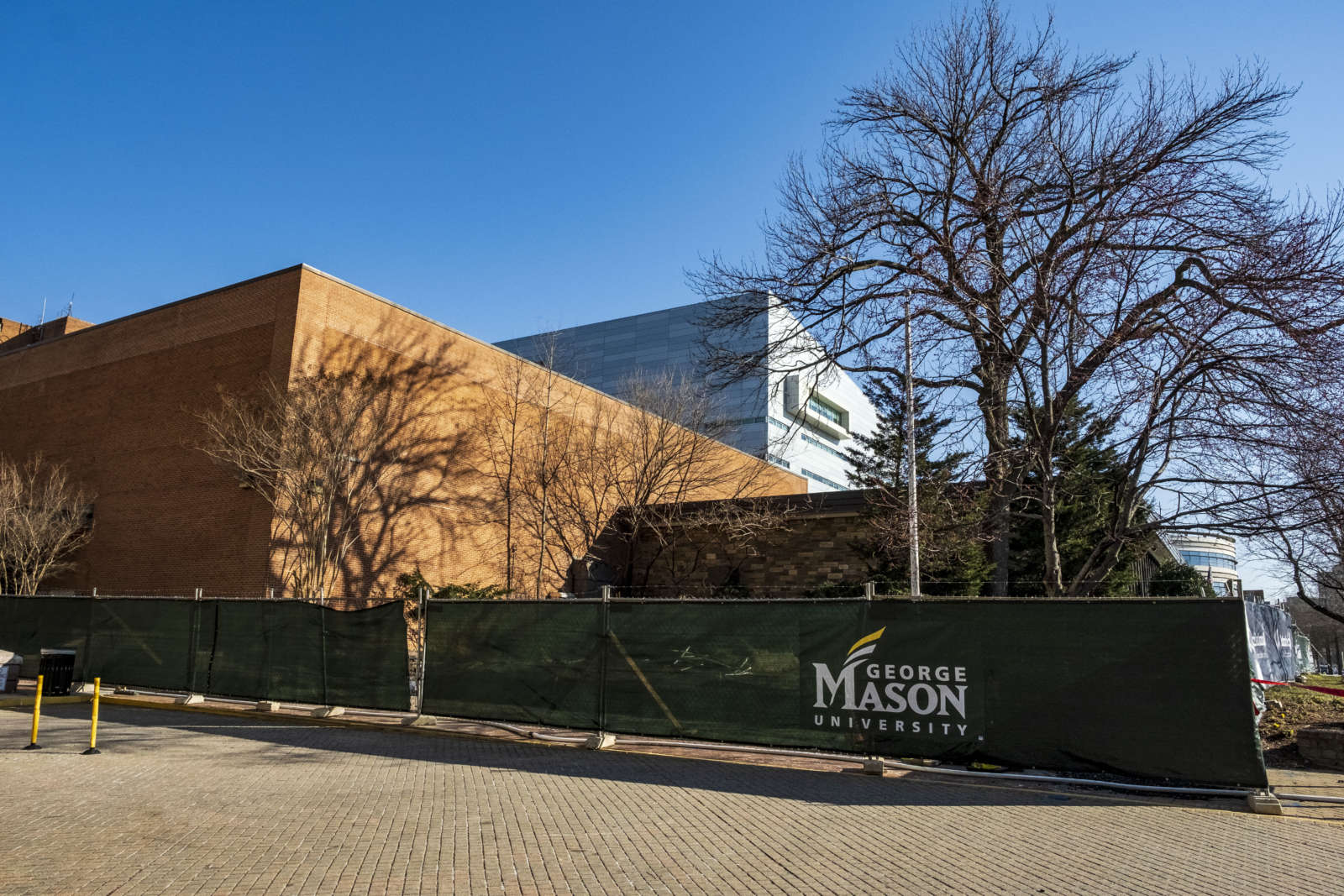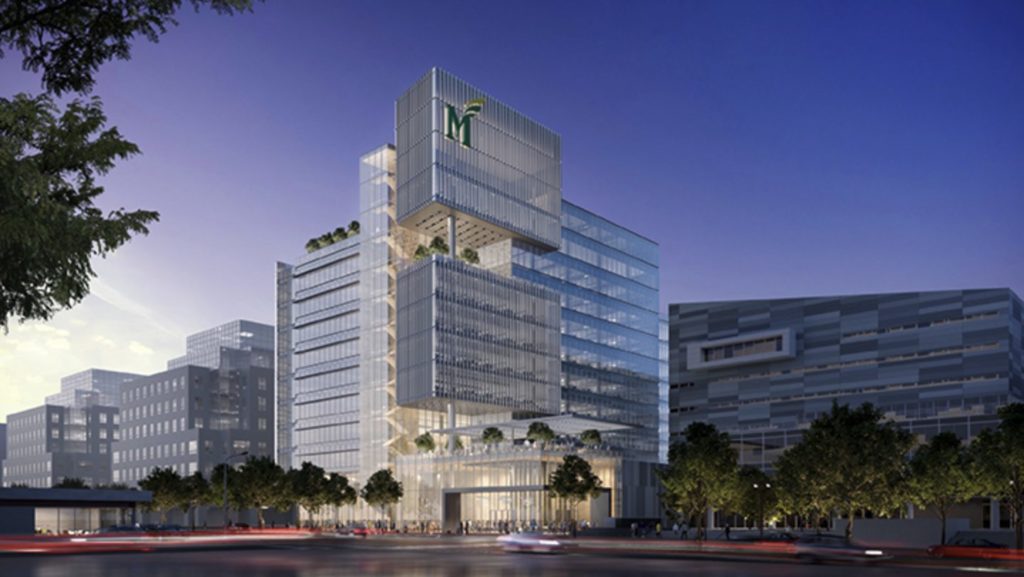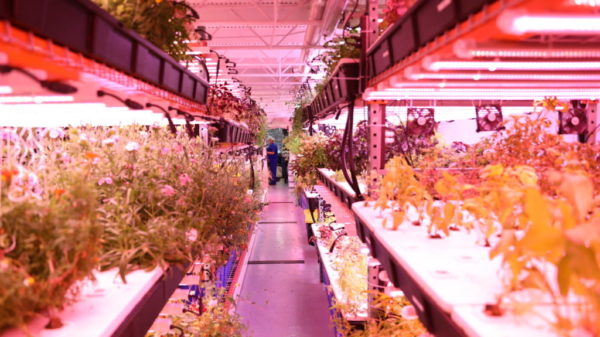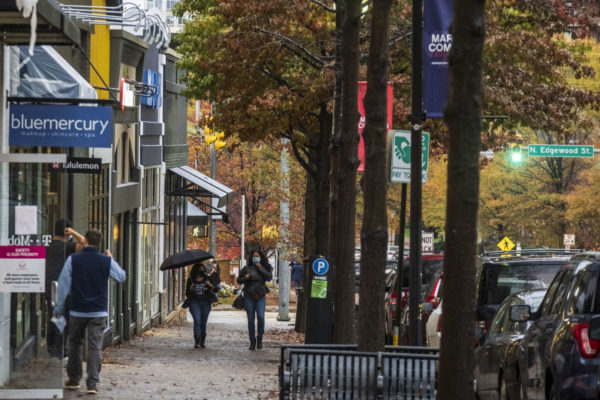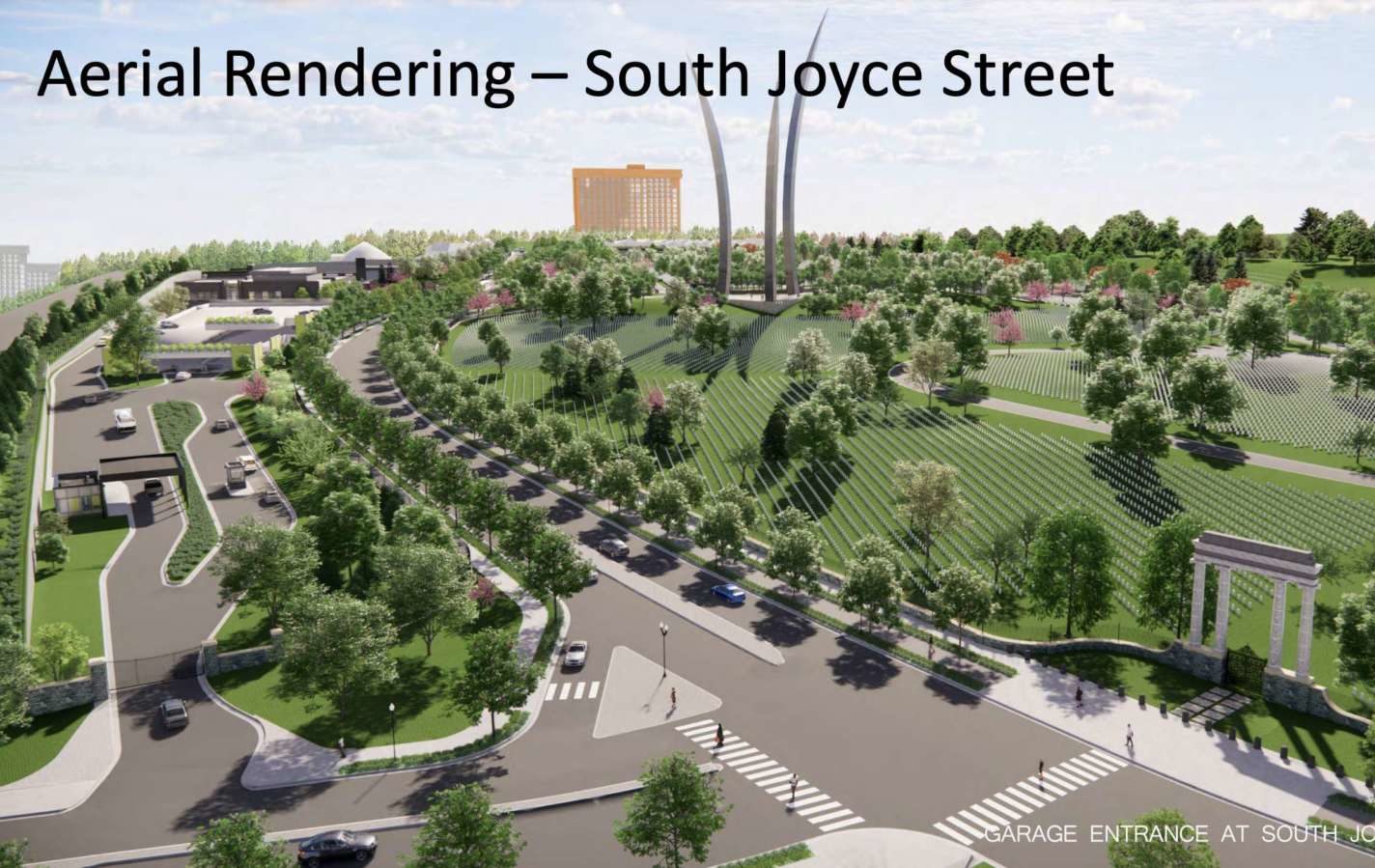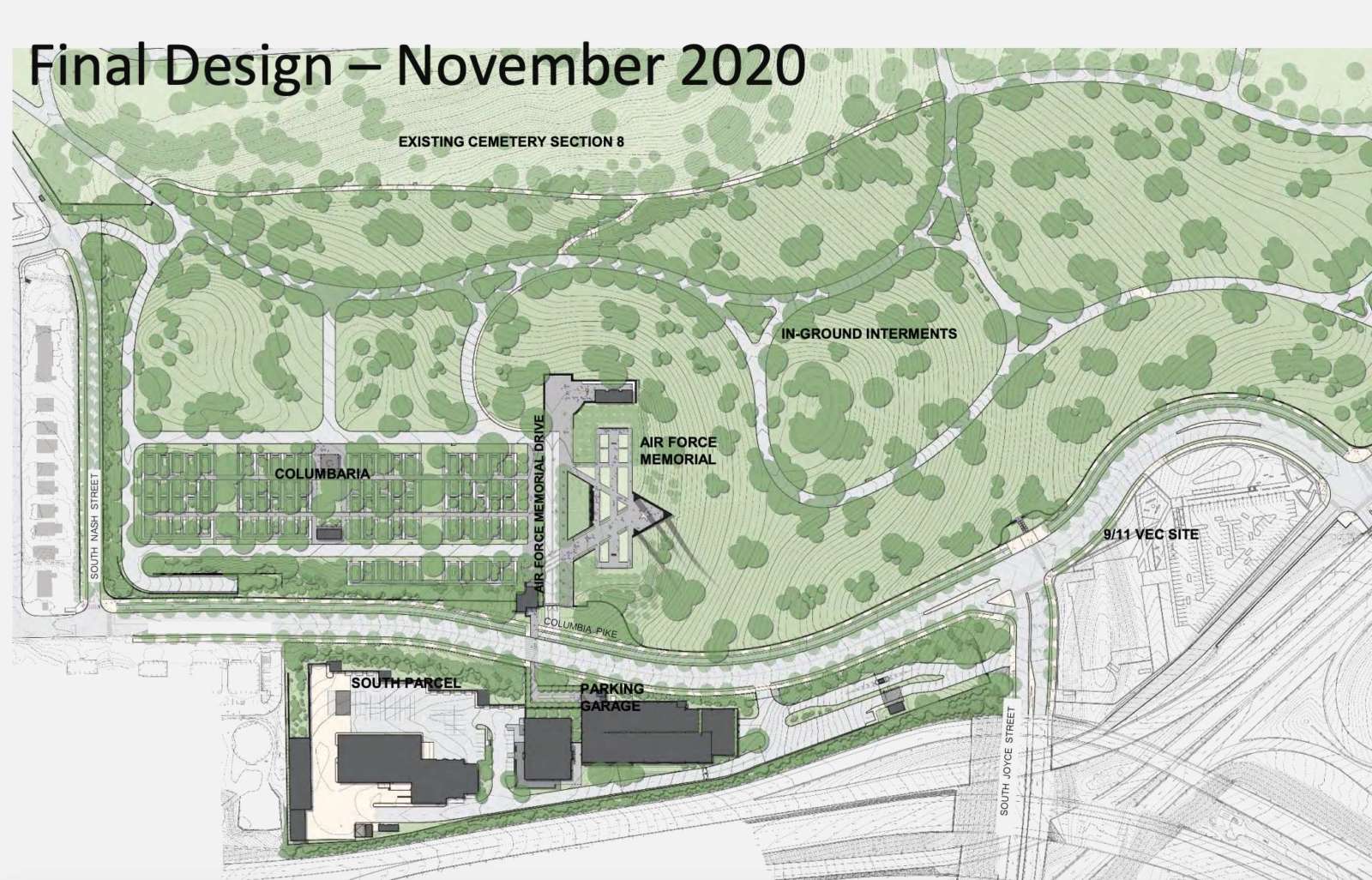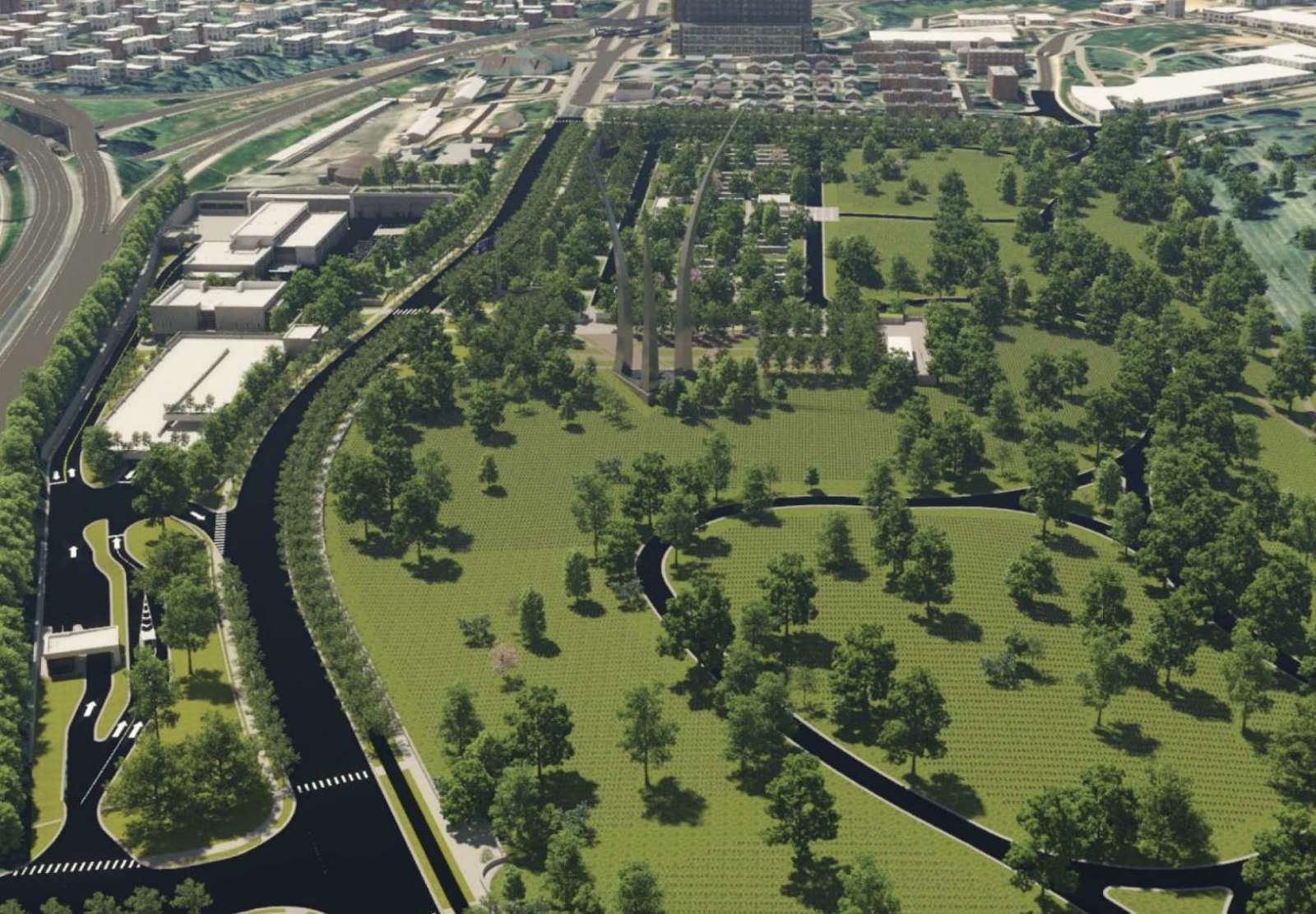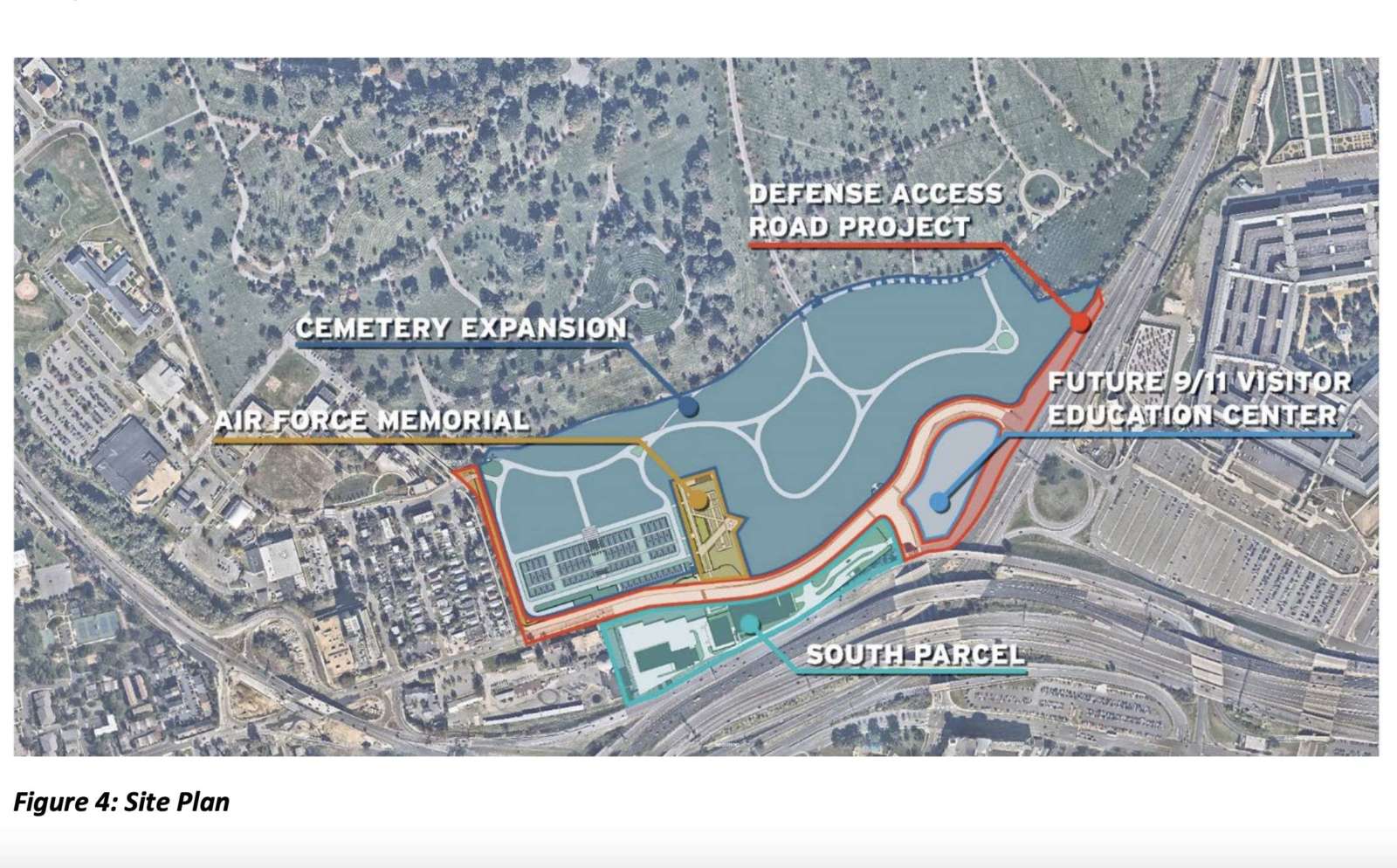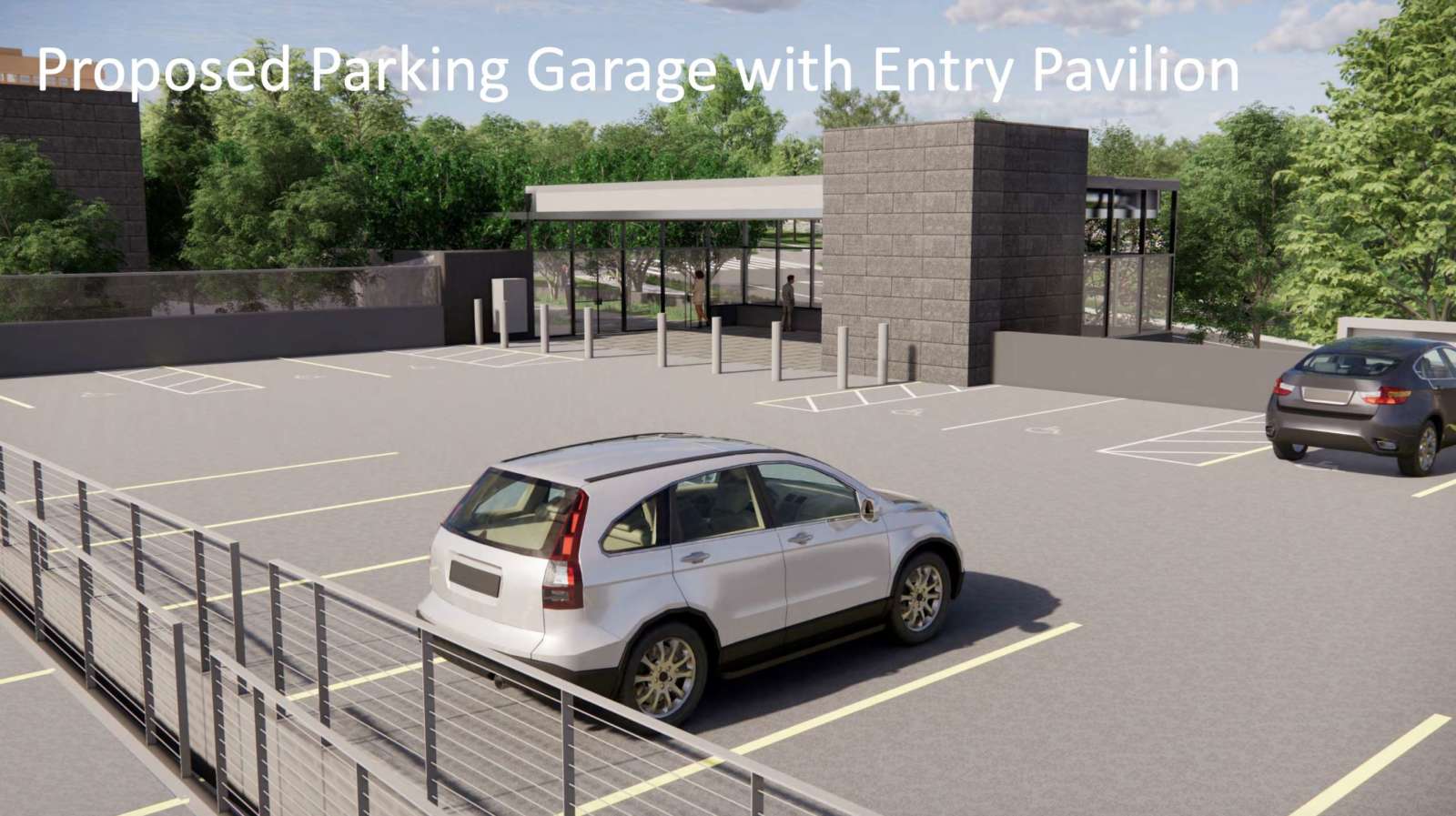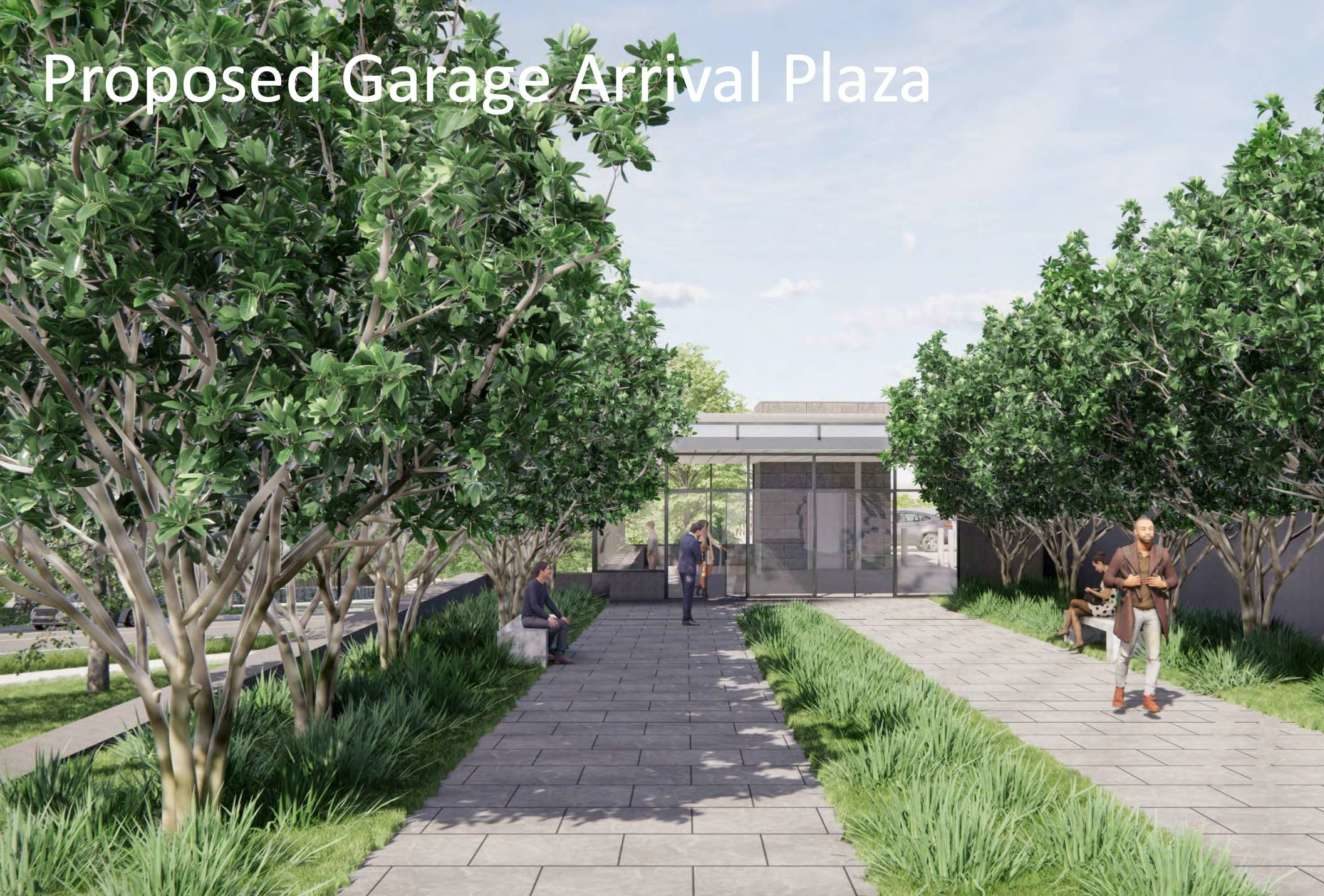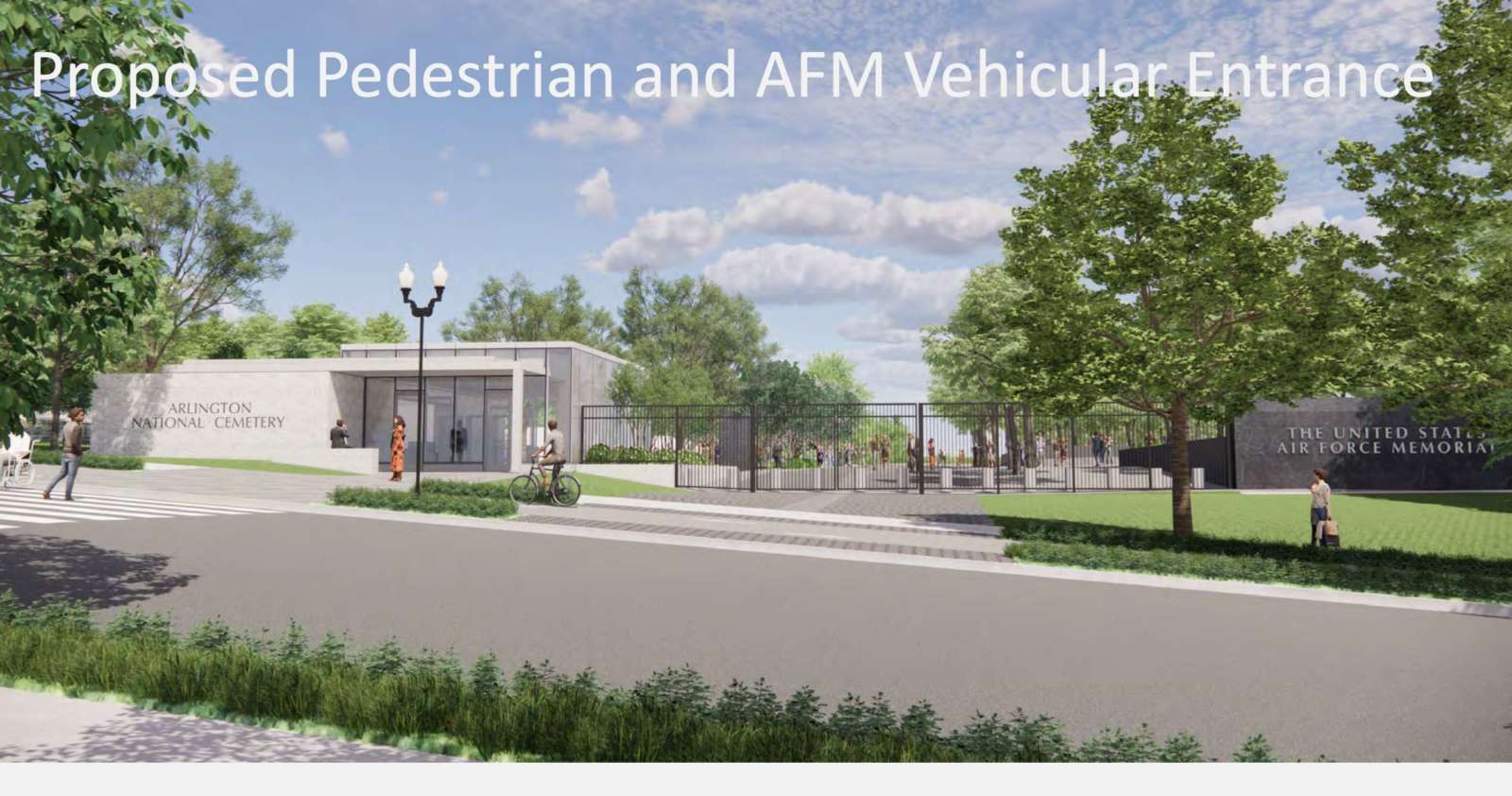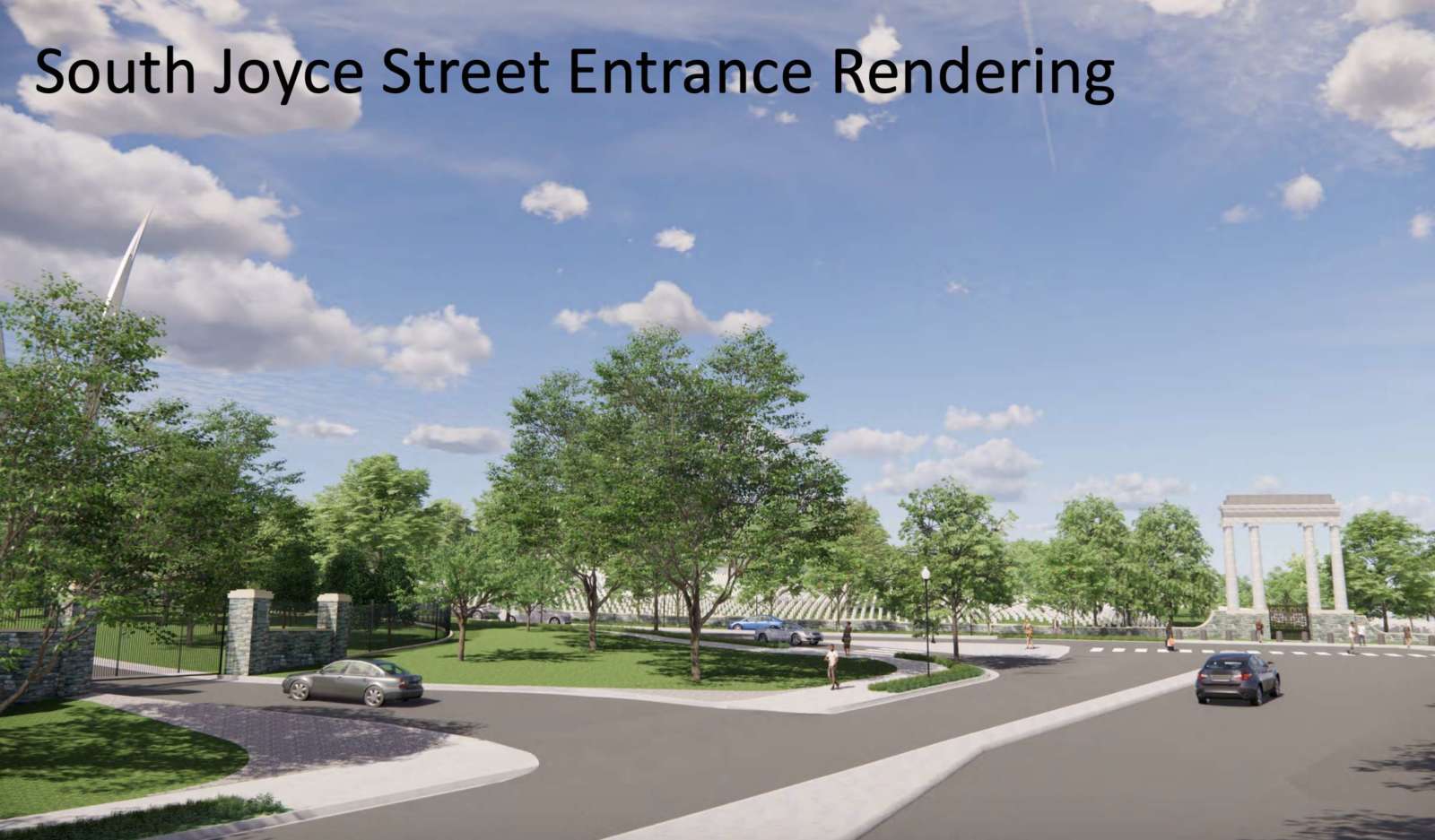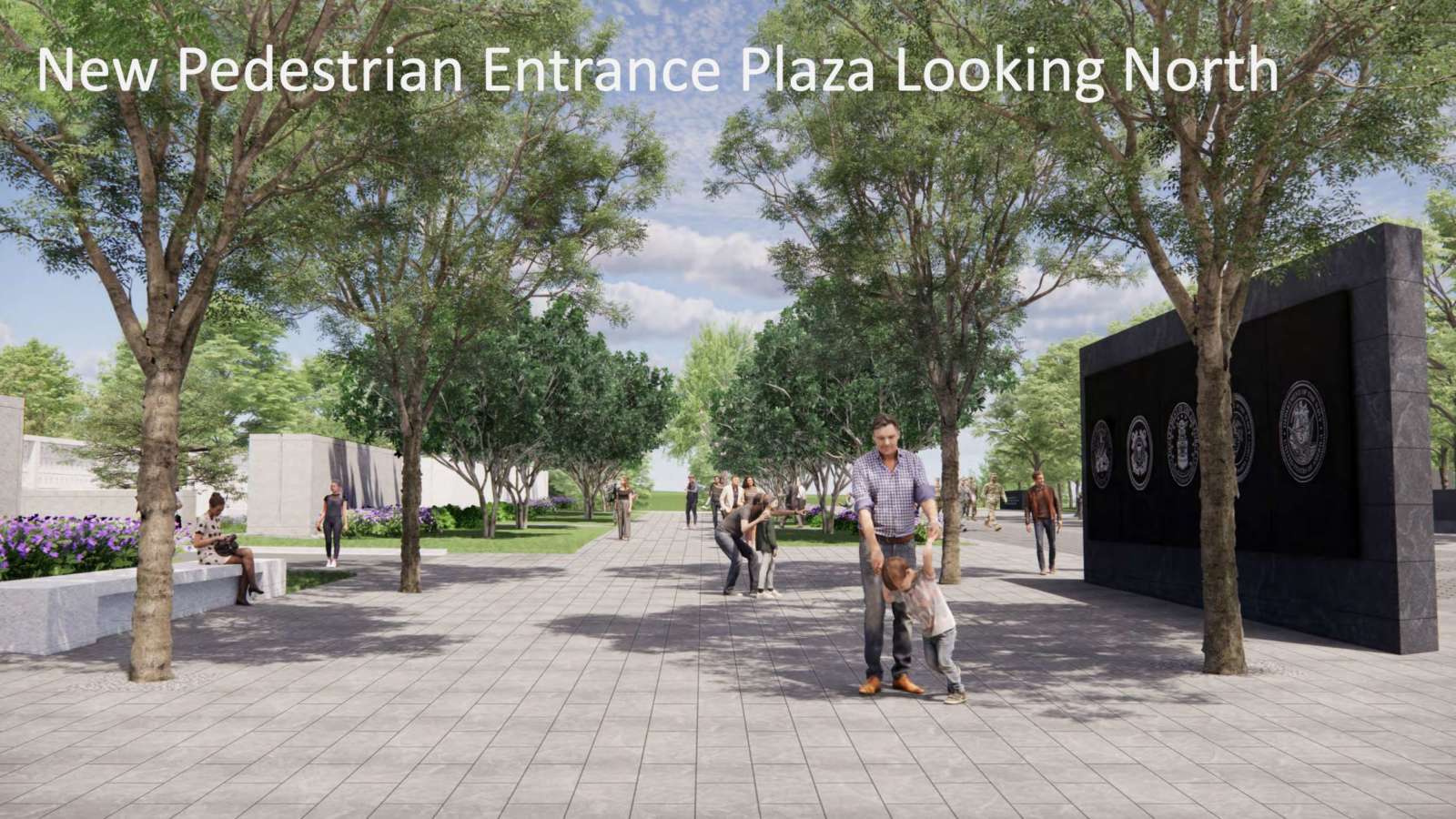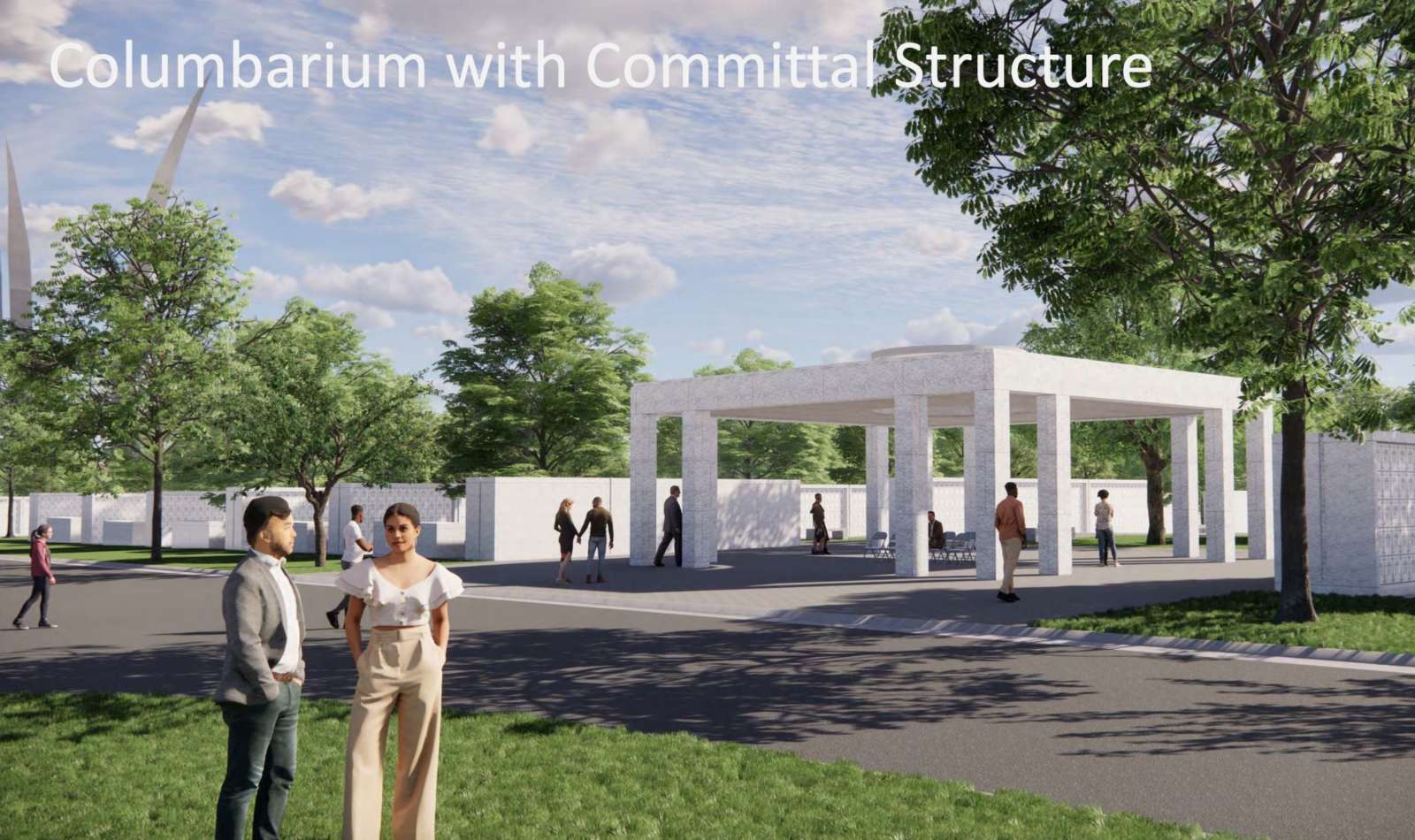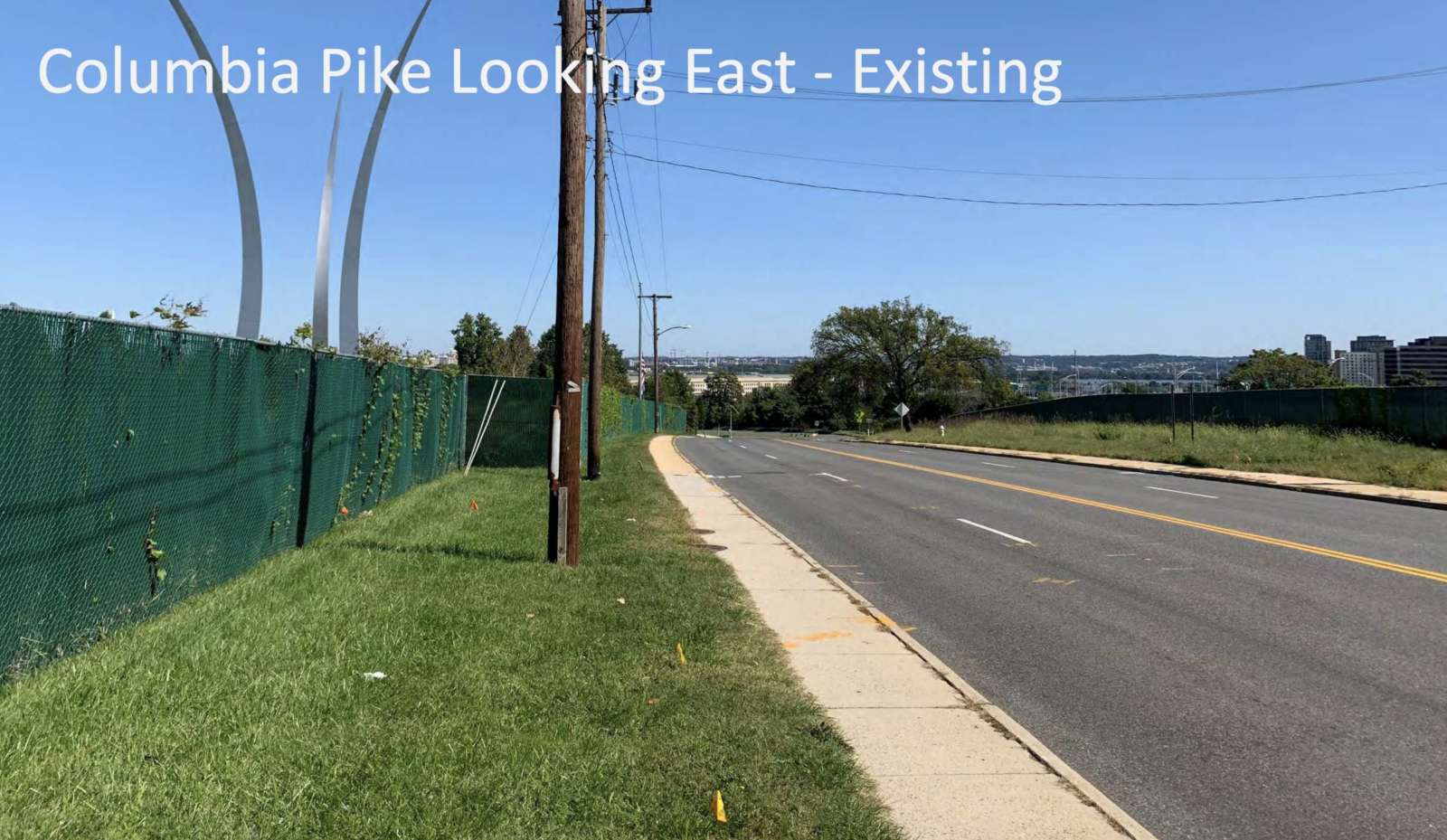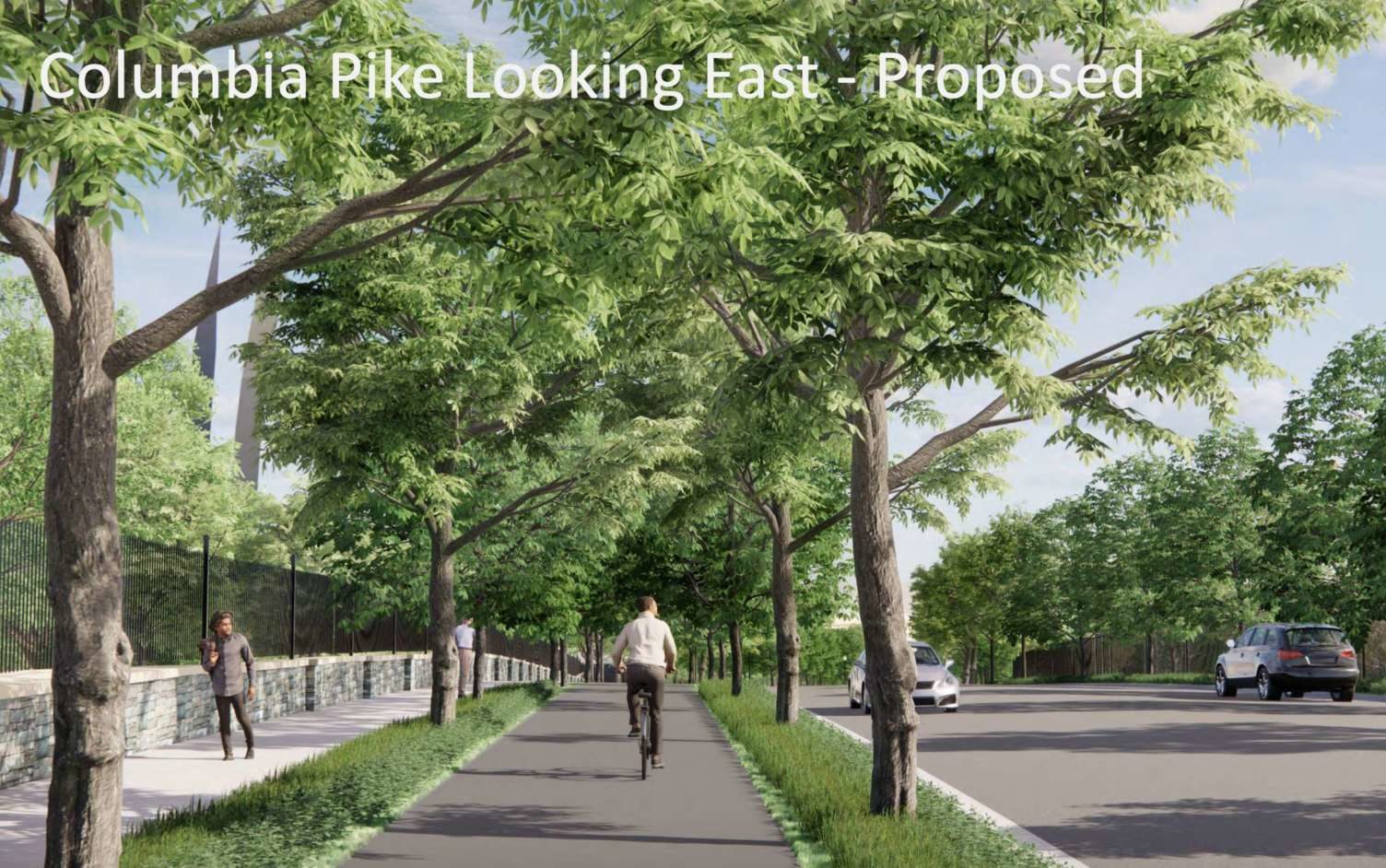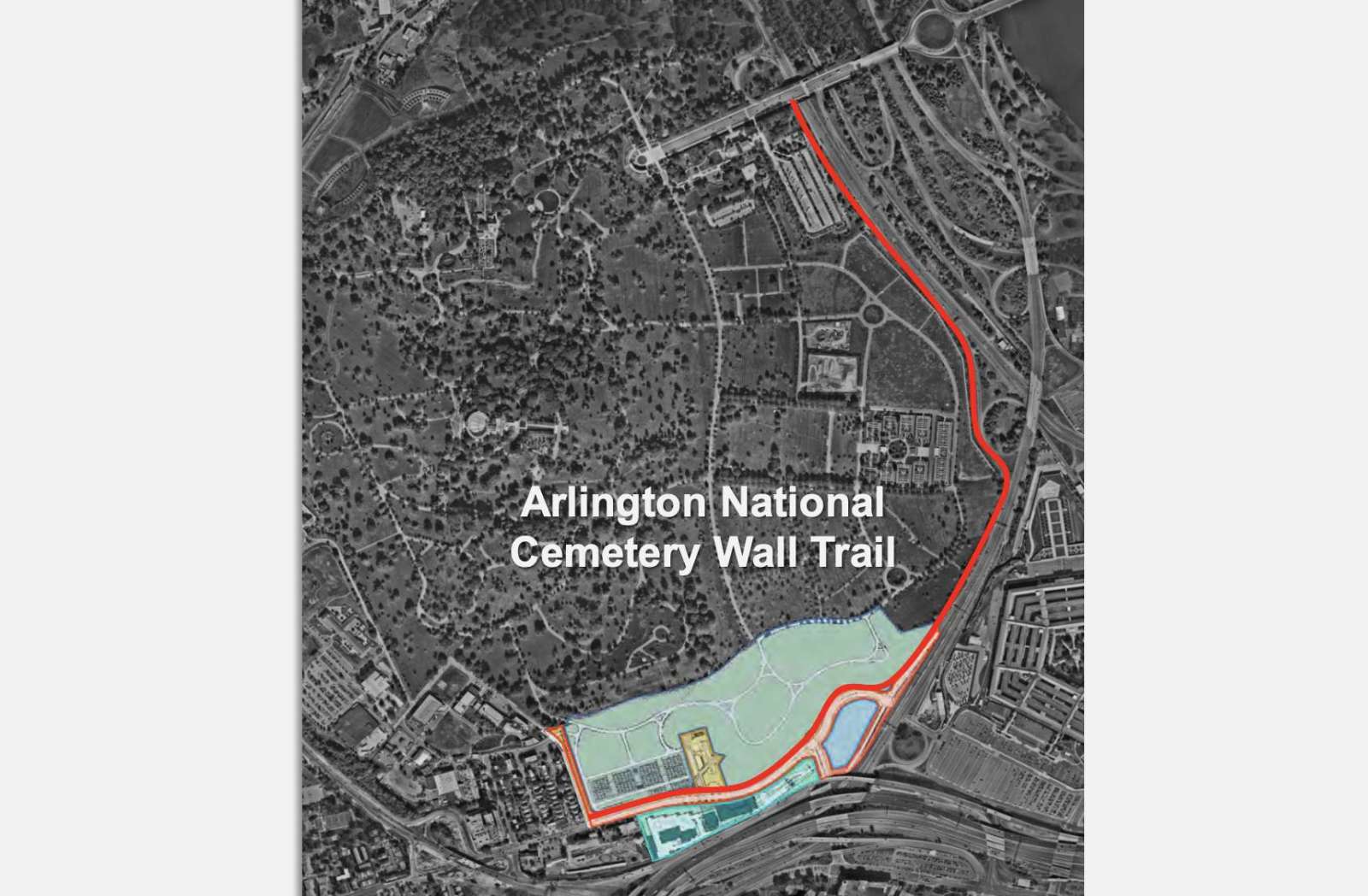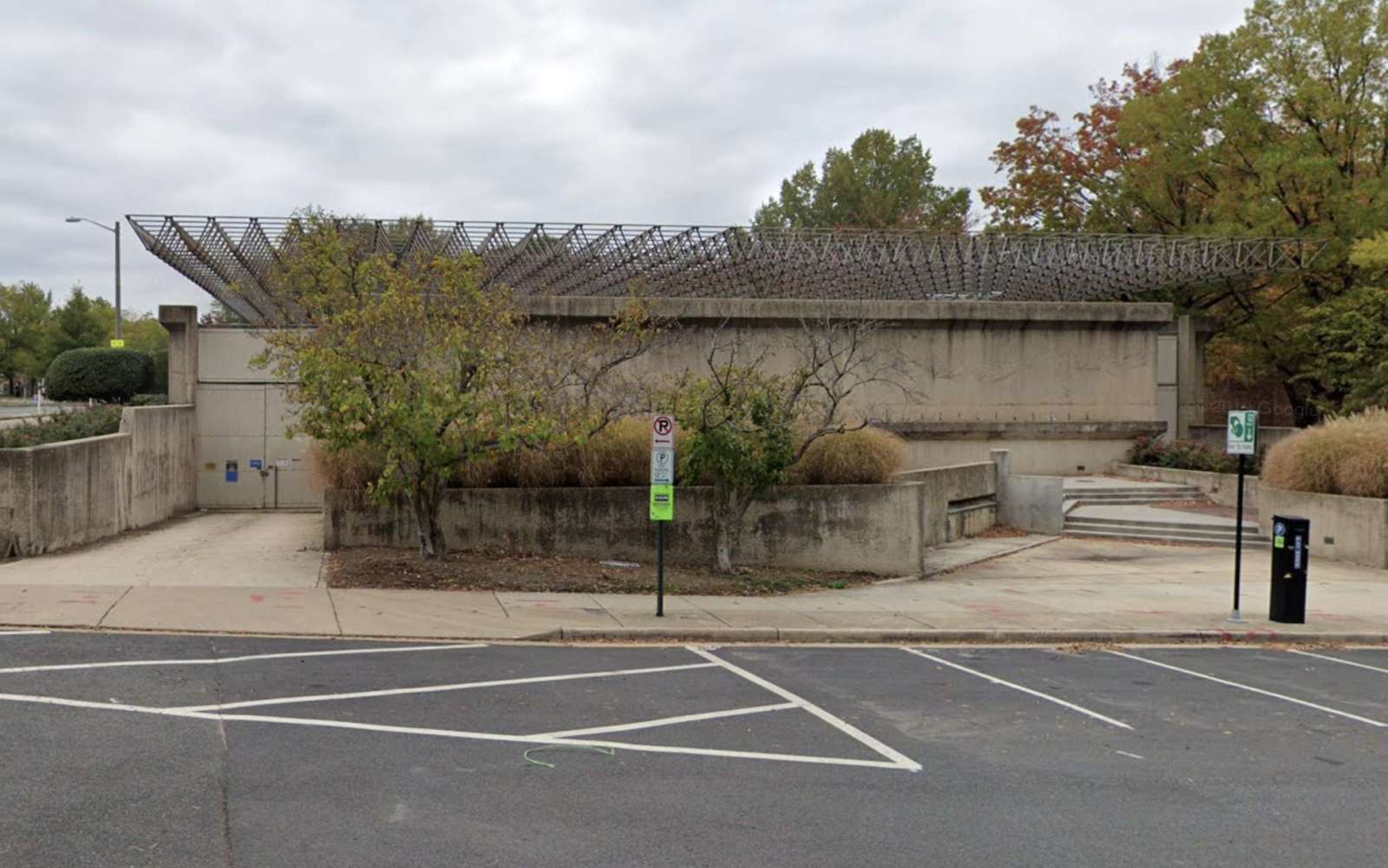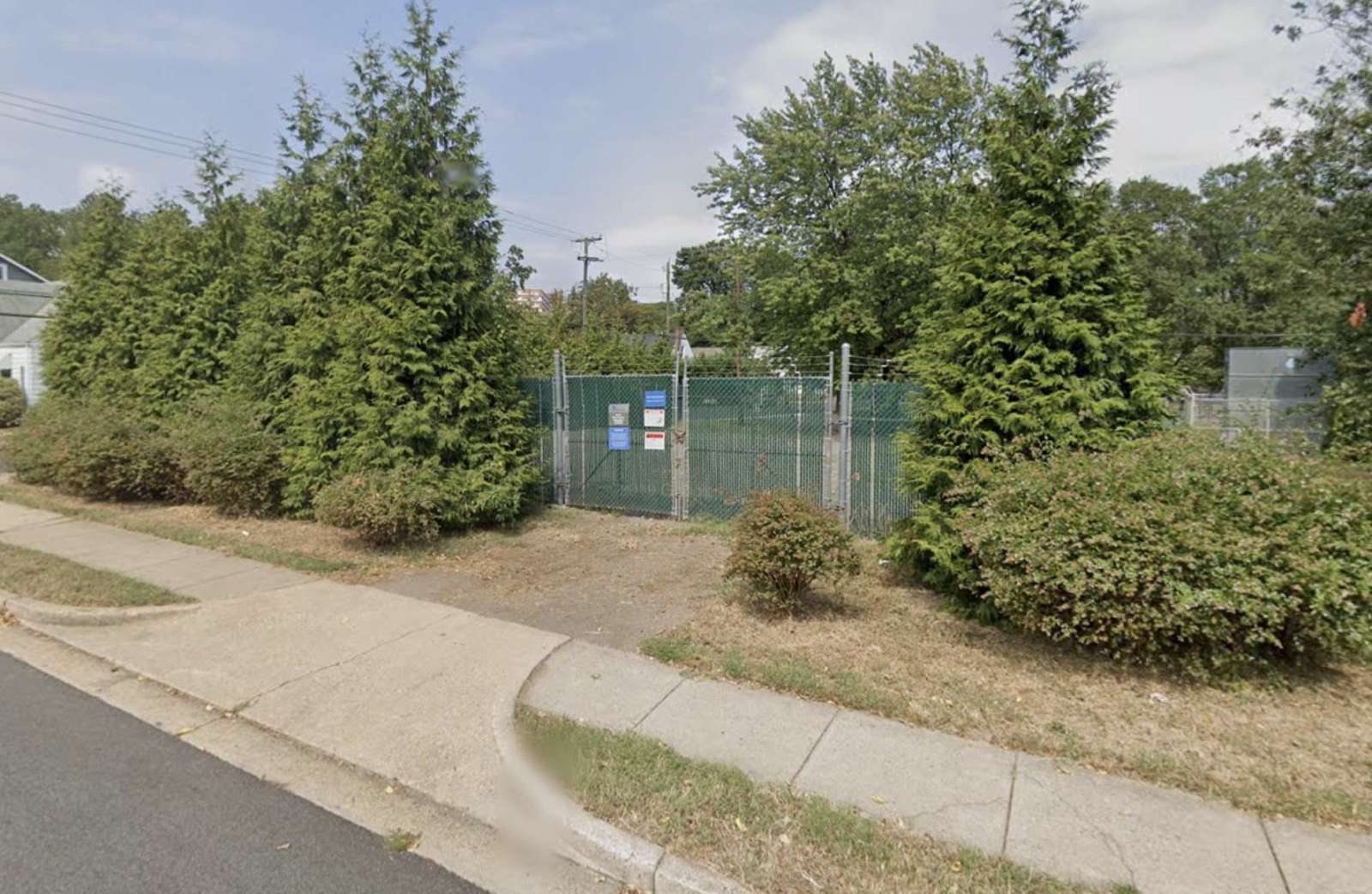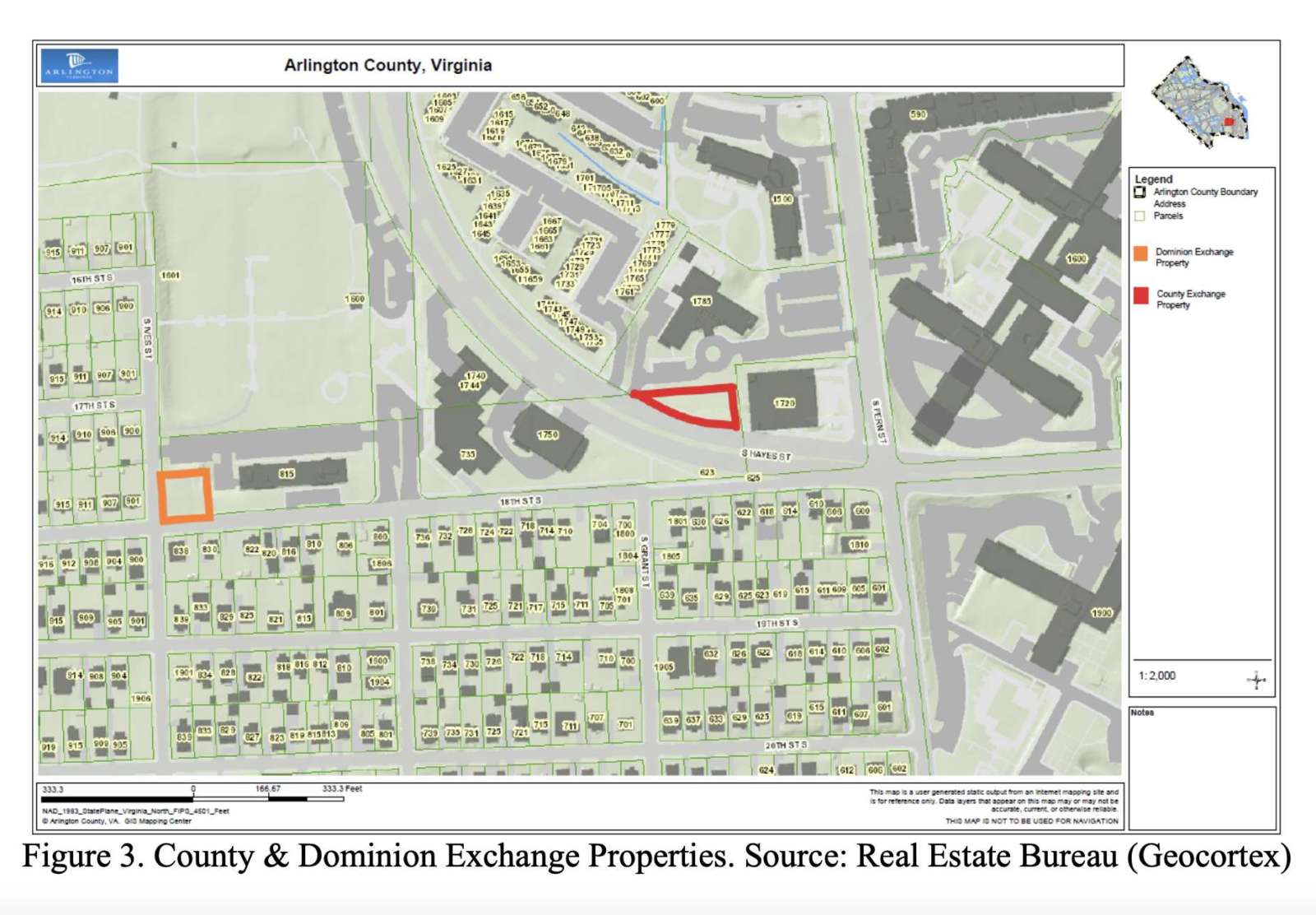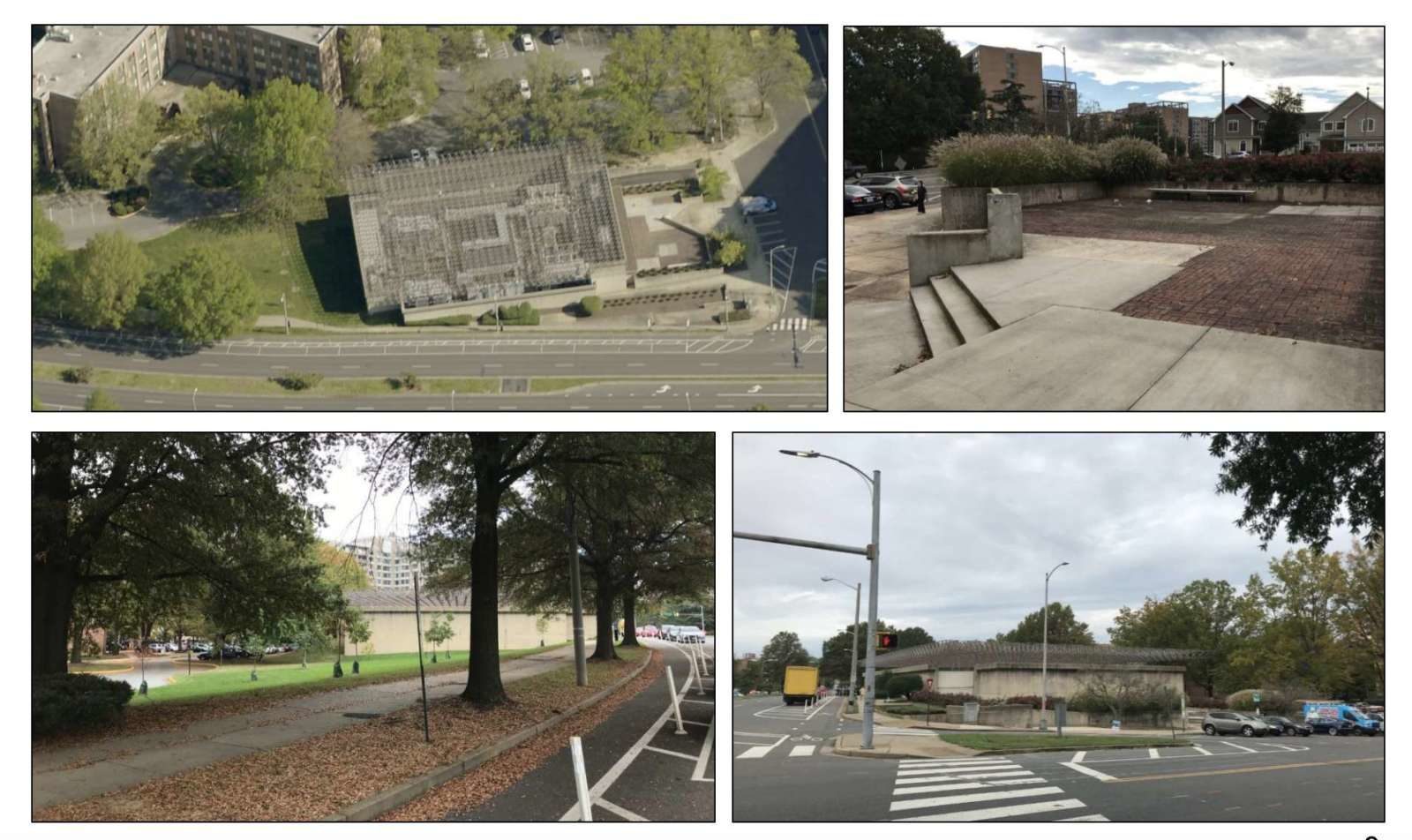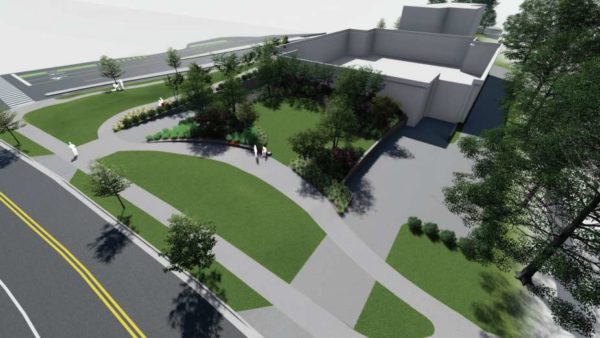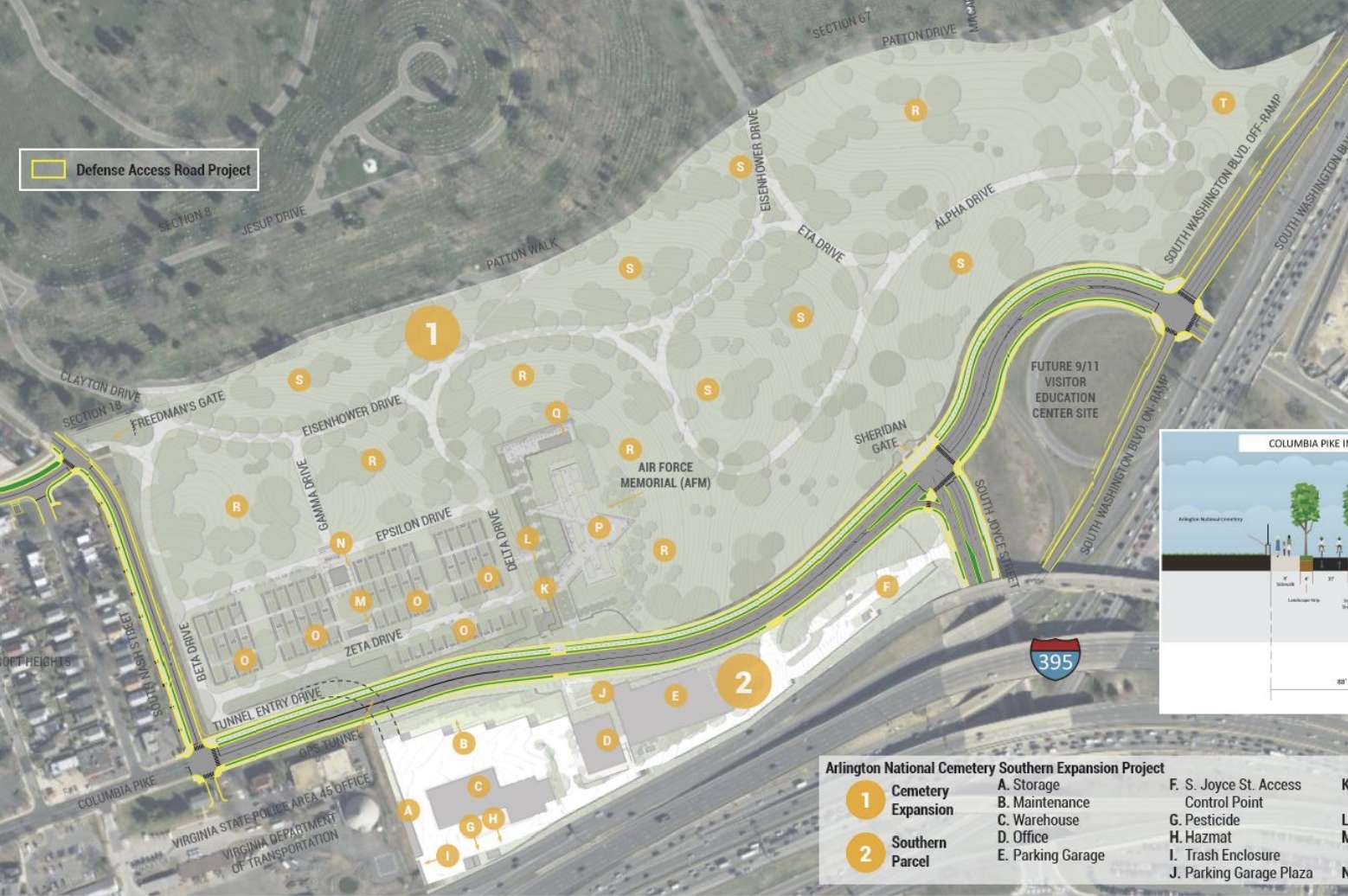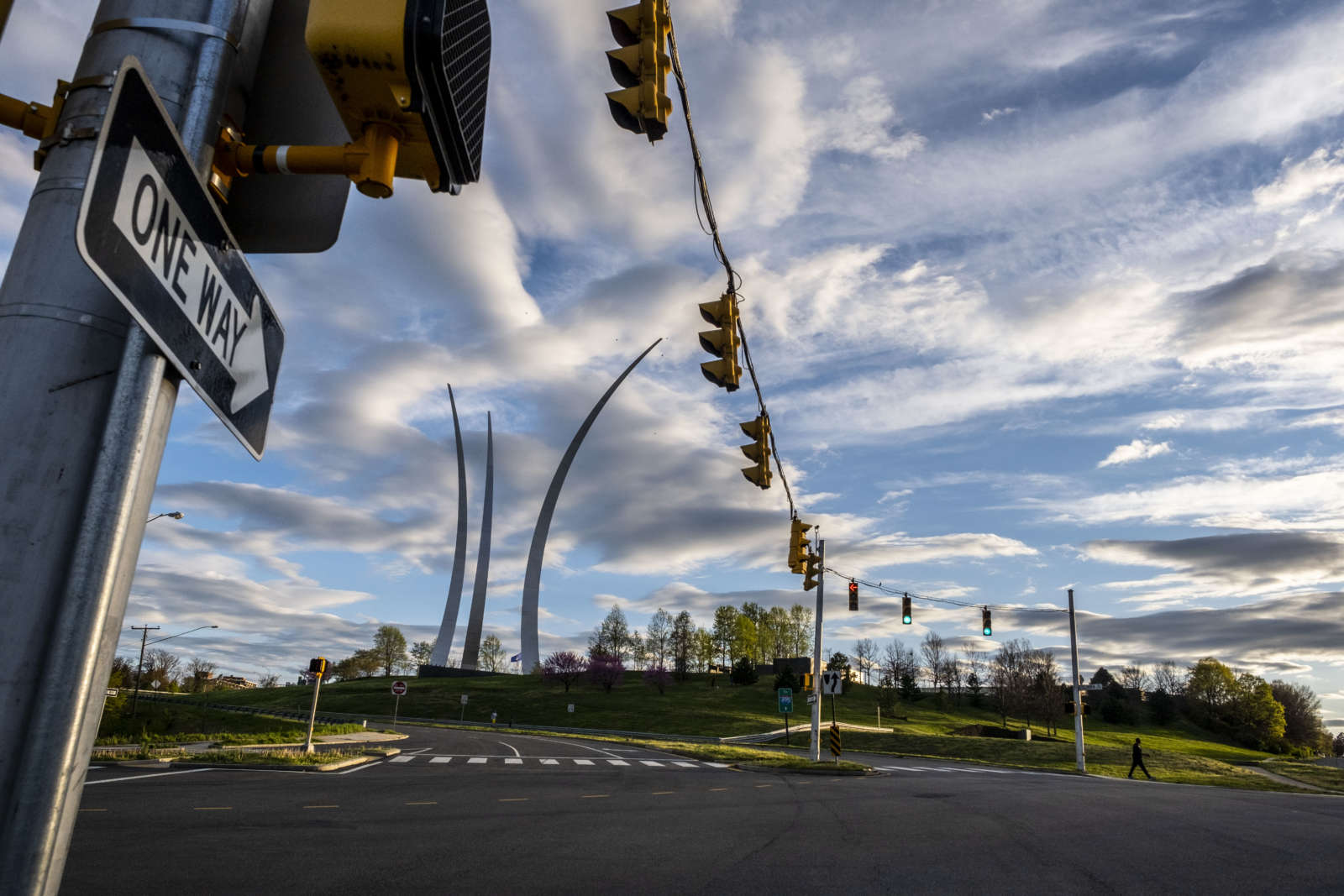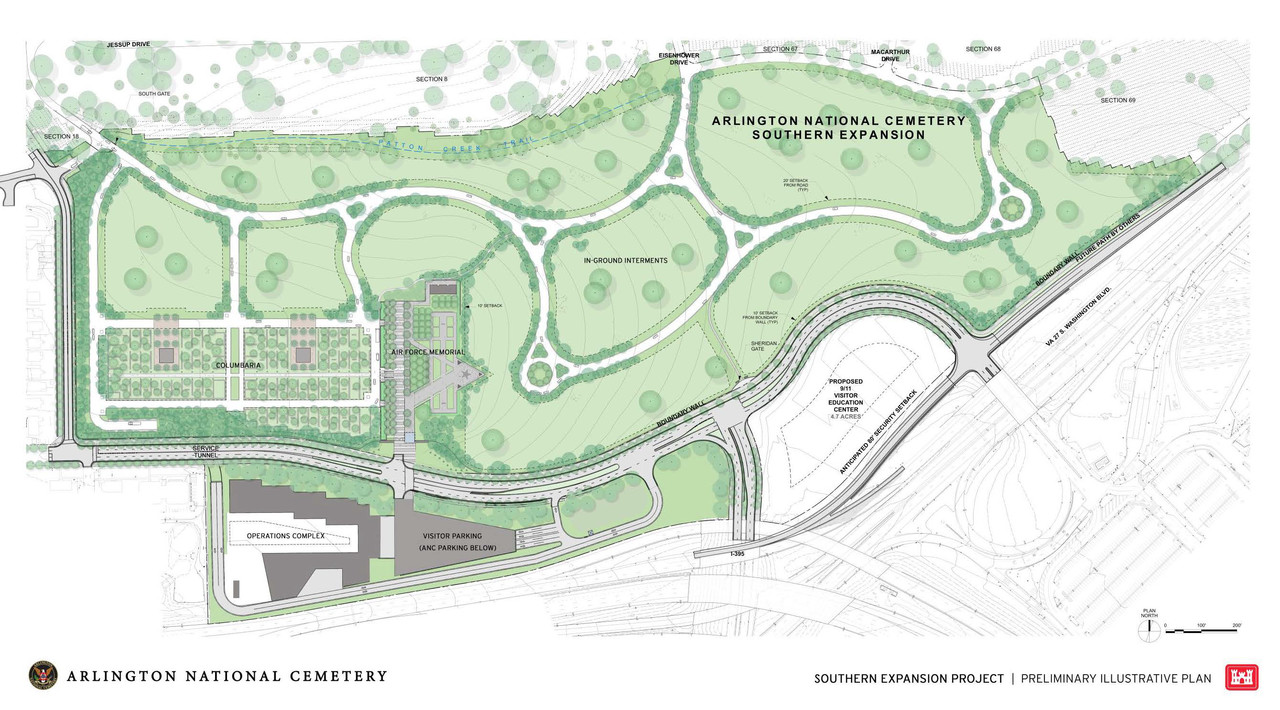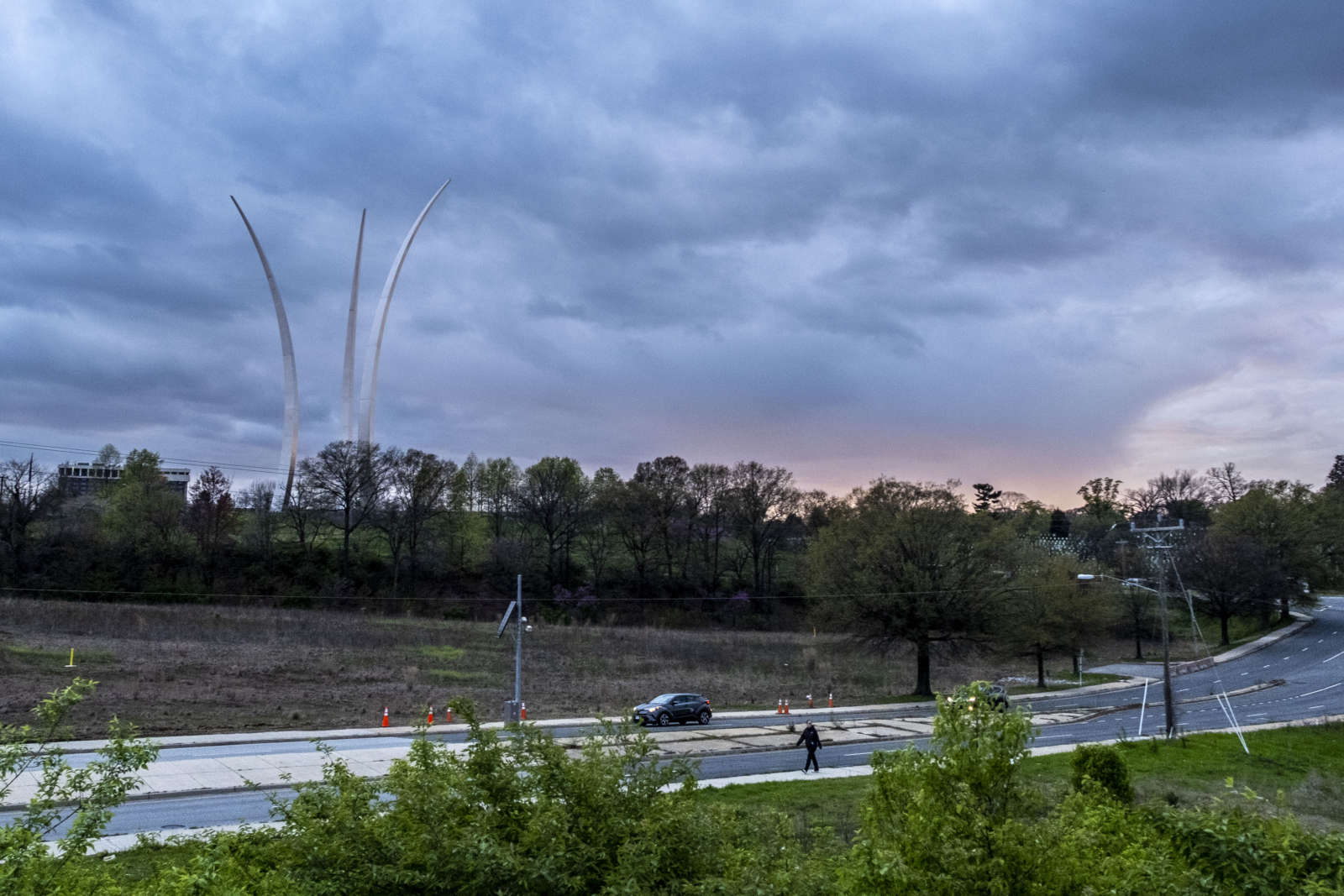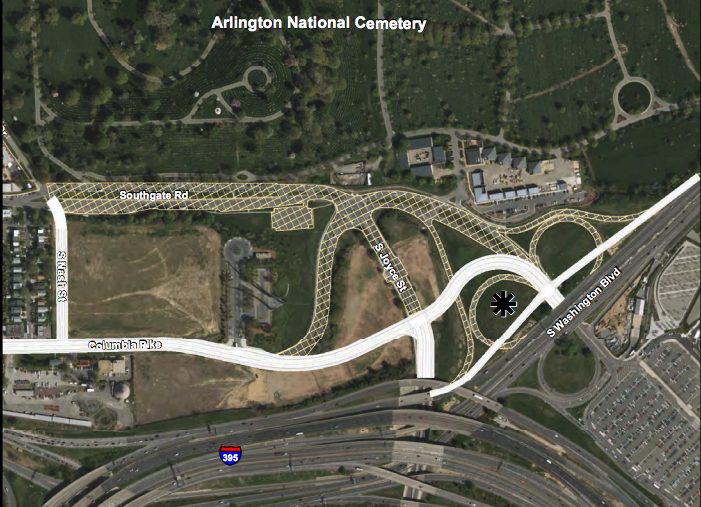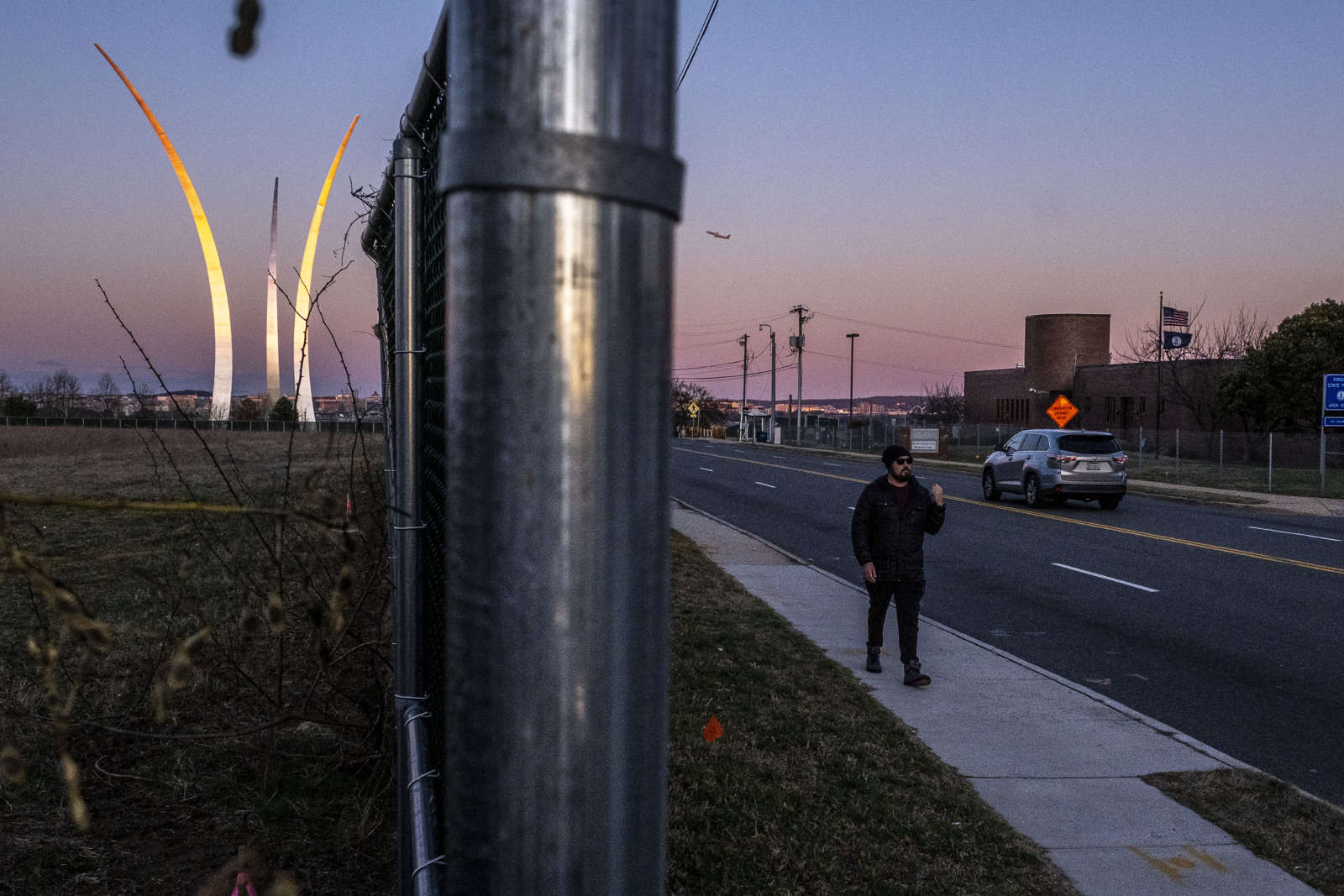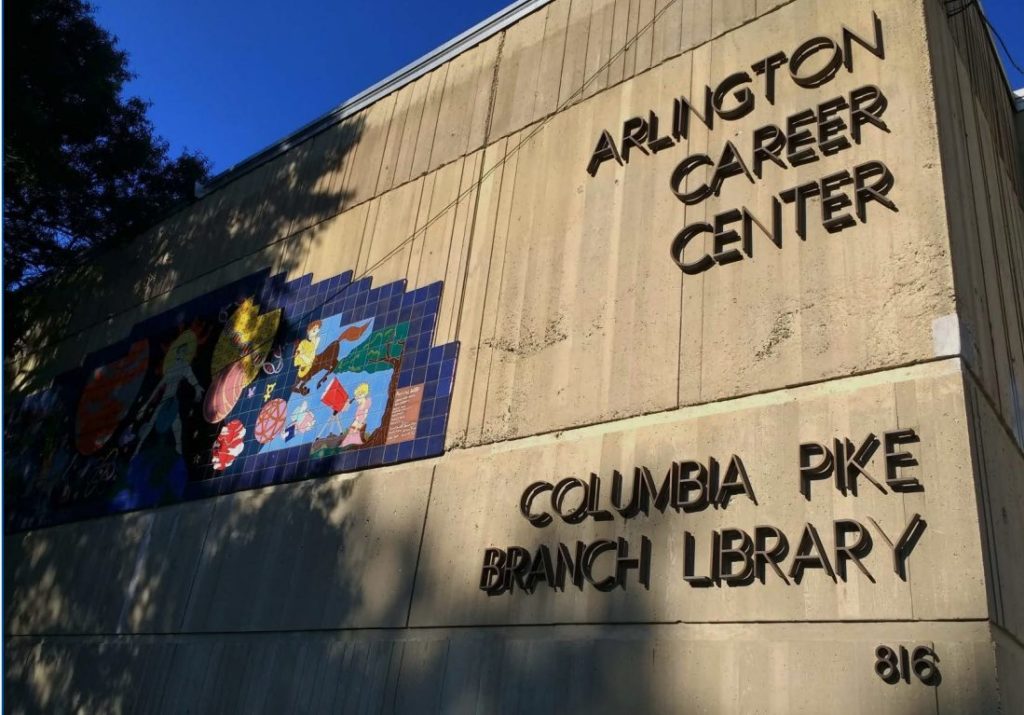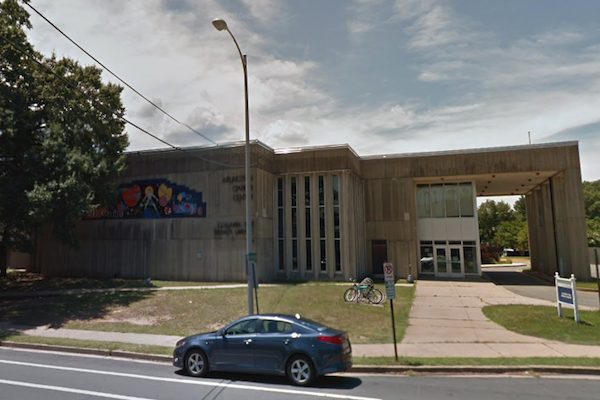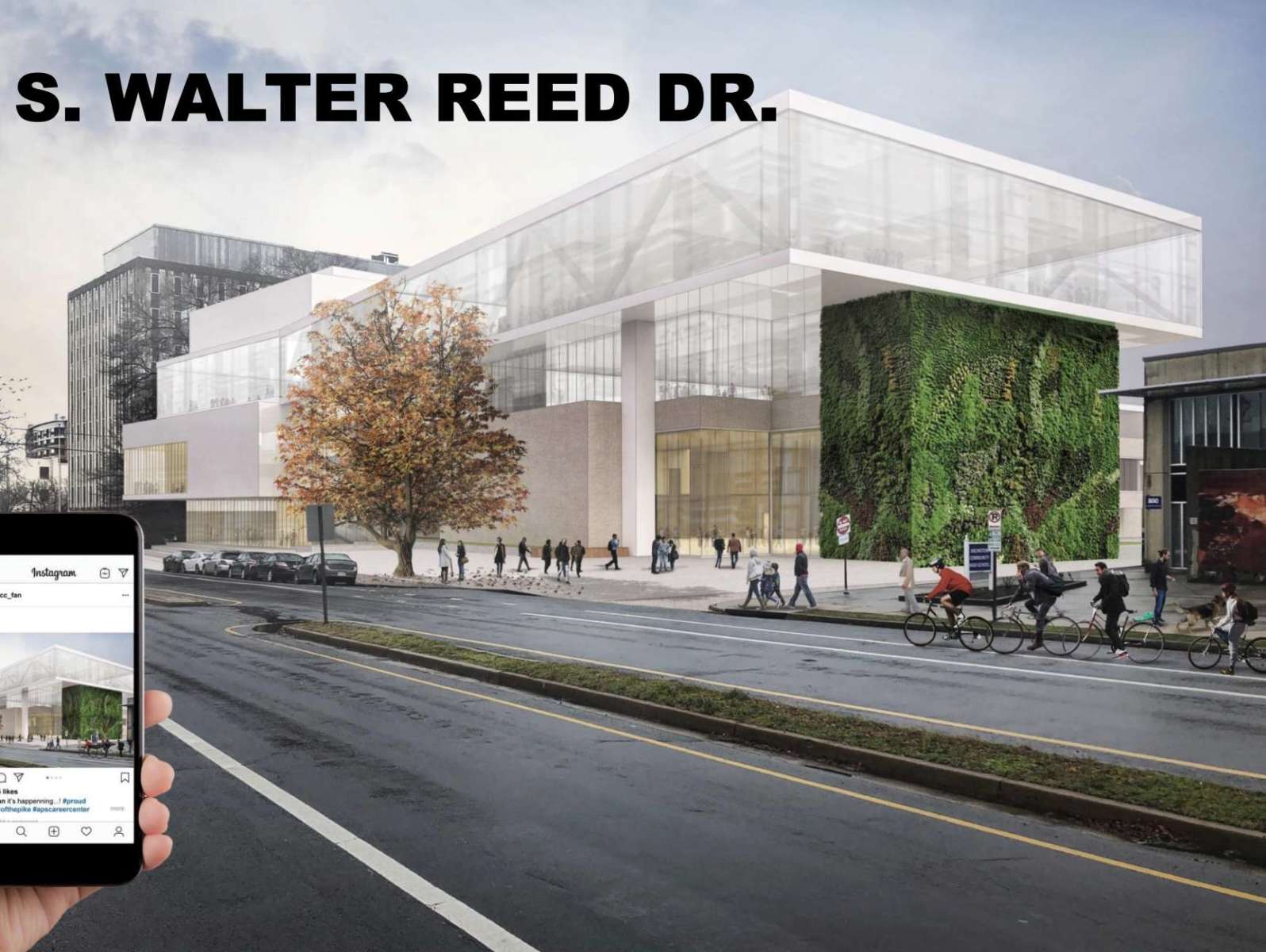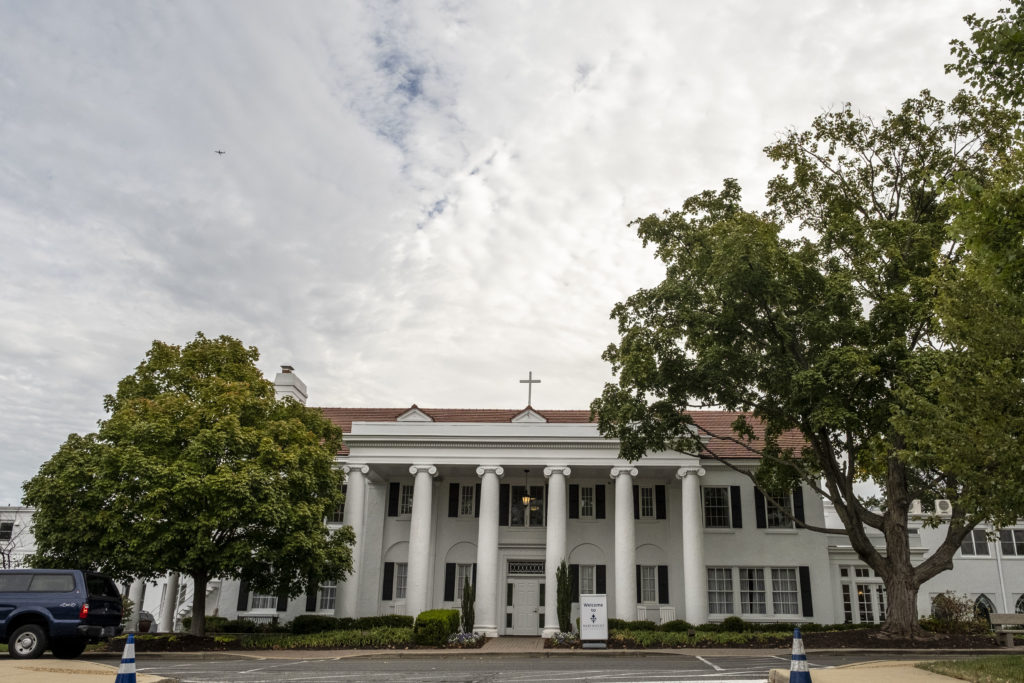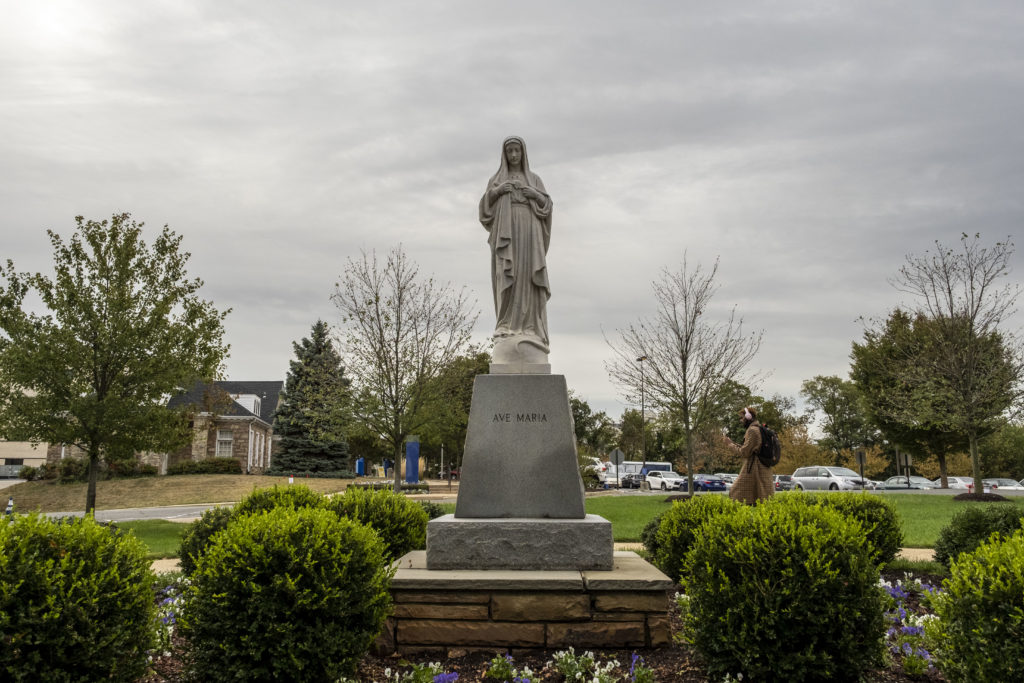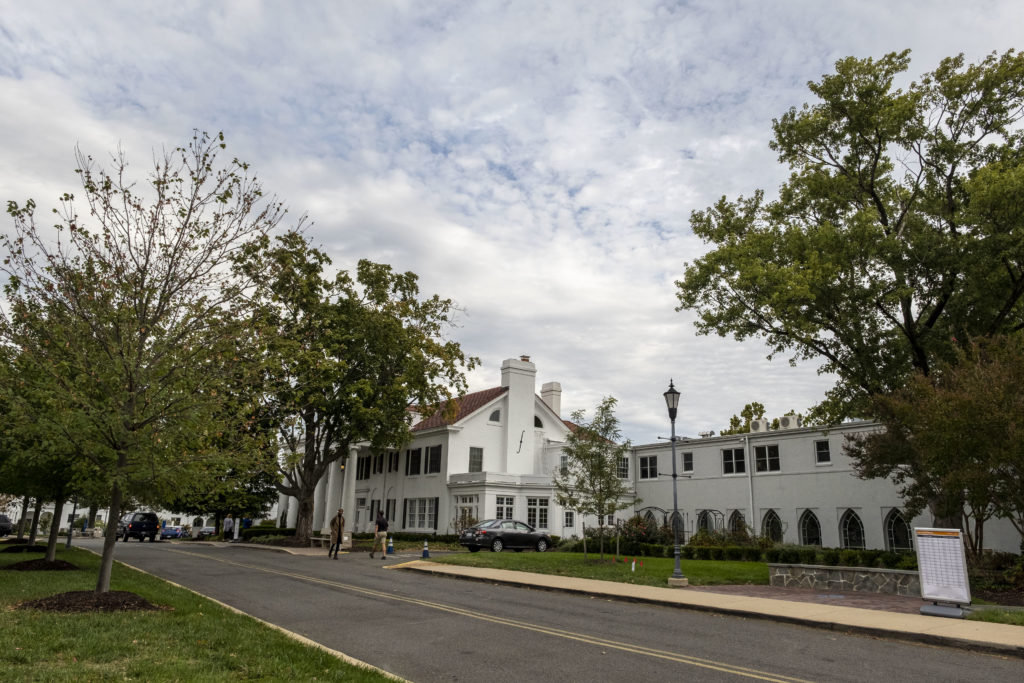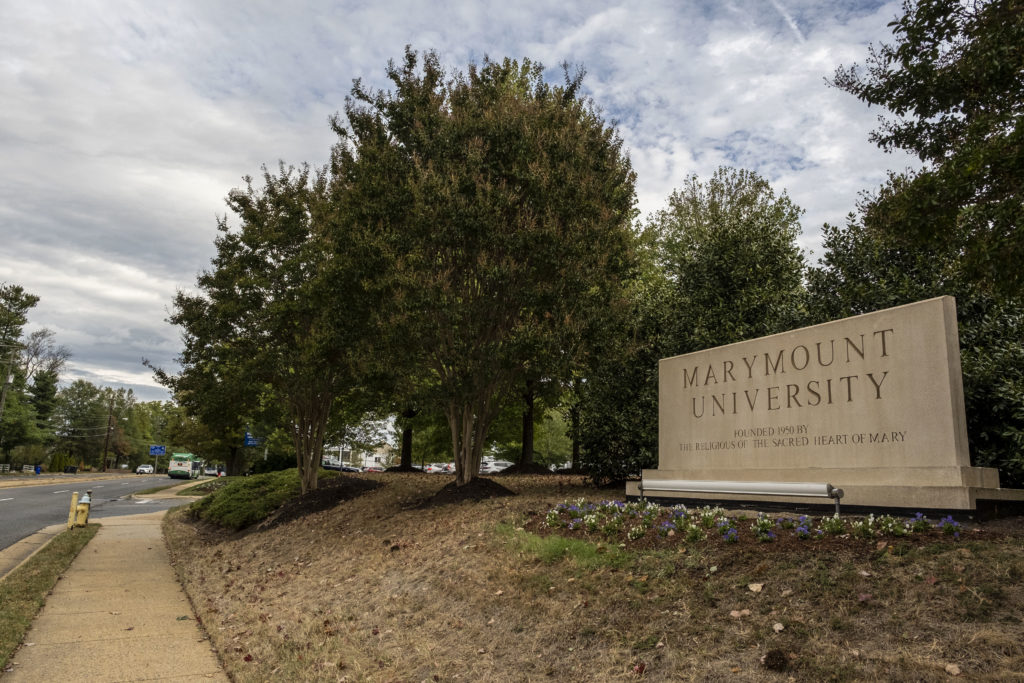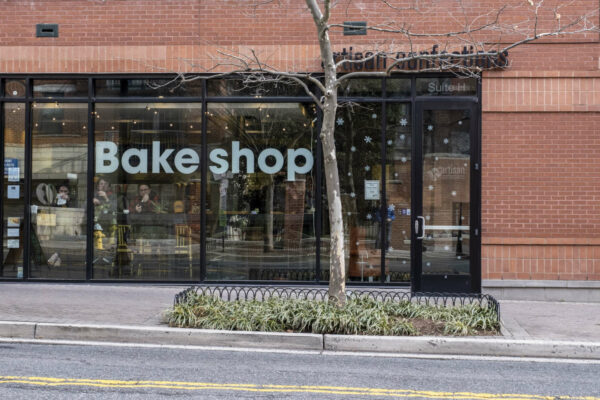
Arlington-based Bakeshop is opening up a third location just across the Key Bridge in Georgetown.
It was more than a decade ago, in the middle of Snowmageddon, when the bakery first started satisfying Arlington’s sweet tooth at 1025 N. Fillmore Street in Clarendon. Since then, Bakeshop has expanded to Falls Church, weathered a pandemic, and, now, is once again growing.
Bakeshop is moving into 3210 Grace Street NW in D.C., just about a mile walk from Gateway Park in Rosslyn and only two and a half miles from their original Clarendon shop.
“Georgetown is a charming little slice of DC, it’s both historic, extremely active and has a good bakery scene,” owner Justin Stegall wrote in an email to ARLnow. “It’s going to be great opening up next to South Block — we’ve been neighbors for over 10 years in Arlington and it’s great to be neighbors in DC.”
The plan is to open by the end of the month (October) “as long as inspections etc. are done,” he notes.
The menu will be similar to that of the other locations, offering vegan treats, Vietnamese coffee, and ice cream “cookiewiches.”
In January 2020, Stegall told ARLnow that he had “no immediate plans to open more” shops but would “do it again if the moment feels right.”
Nearly two years later, the moment felt right despite being in the midst of challenging times.
“The last 18 months has been extremely challenging and has felt more like 5 years. The overall uncertainty about what tomorrow will be like and constantly trying to look out for ourselves and our customers,” Stegall writes. “My team has been brave and very professional throughout this whole ordeal and I’m really proud of them.
Stegall also says the shop is fortunate because it’s “in a business that suits take-out ordering and delivery.”
But there’s certainly something about in-person connections.
“We’ve really missed having our community in the shops for their morning routine of newspaper, pastry and coffee, parents bringing their kids in for a treat, and people just convening in general,” he writes. “That aspect of community has always been a big part of us and it has been sorely missed.”
Over the years, the Bakeshop has gotten attention beyond their treats and expansion. In 2012, the shop was featured on the Cooking Channel and, in 2016, there was a viral Facebook post from Stegall’s mom where she showed her love for her son.
When asked if the shop could expand even more so in the future, Stegall said that’s the plan, if all goes well.
“I hope we will expand further because it is very exciting and rewarding to join a new neighborhood and become part of that community,” he said.


